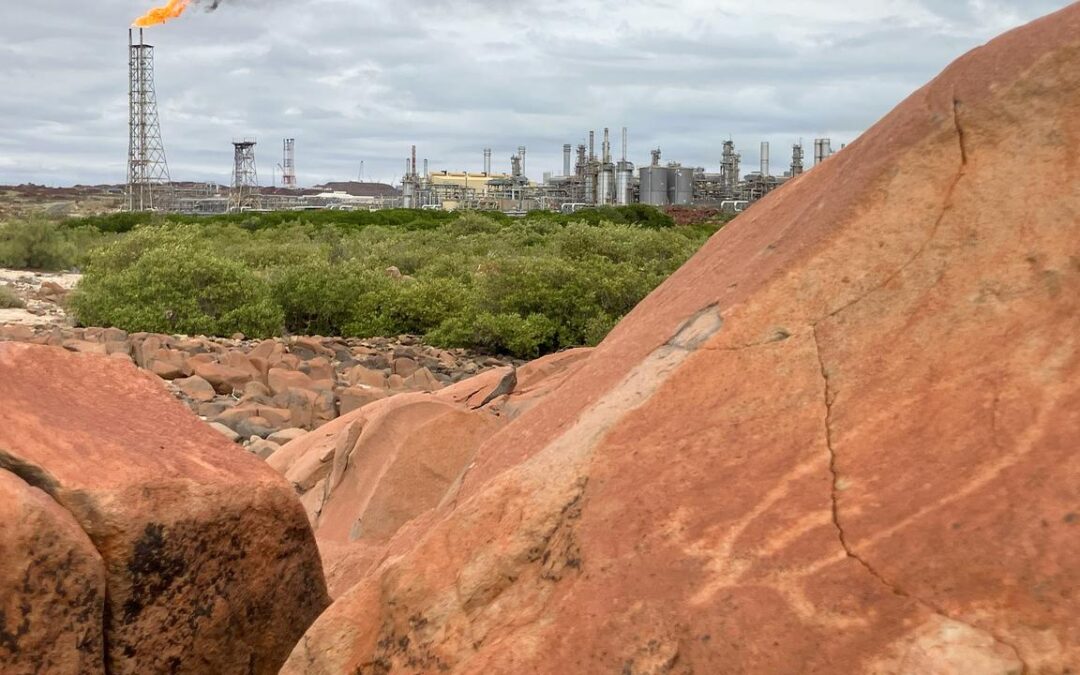
‘Unreasonable’ delay in decision to protect rock art
The federal environment minister has taken an unreasonably long time to assess two Traditional Owners’ application to protect Indigenous rock art near a gas plant, a judge says.
But Murray Watt won’t be ordered by the Federal Court to make a decision concerning an an area of sacred sites and rock engravings in northwest Western Australia, despite a delay of more than three-and-a-half years.
Justice Angus Stewart told Mardathoonera woman Raelene Cooper, who brought the matter to the court, there was little utility in making the order, but the minister was likely to make a decision “very shortly”.
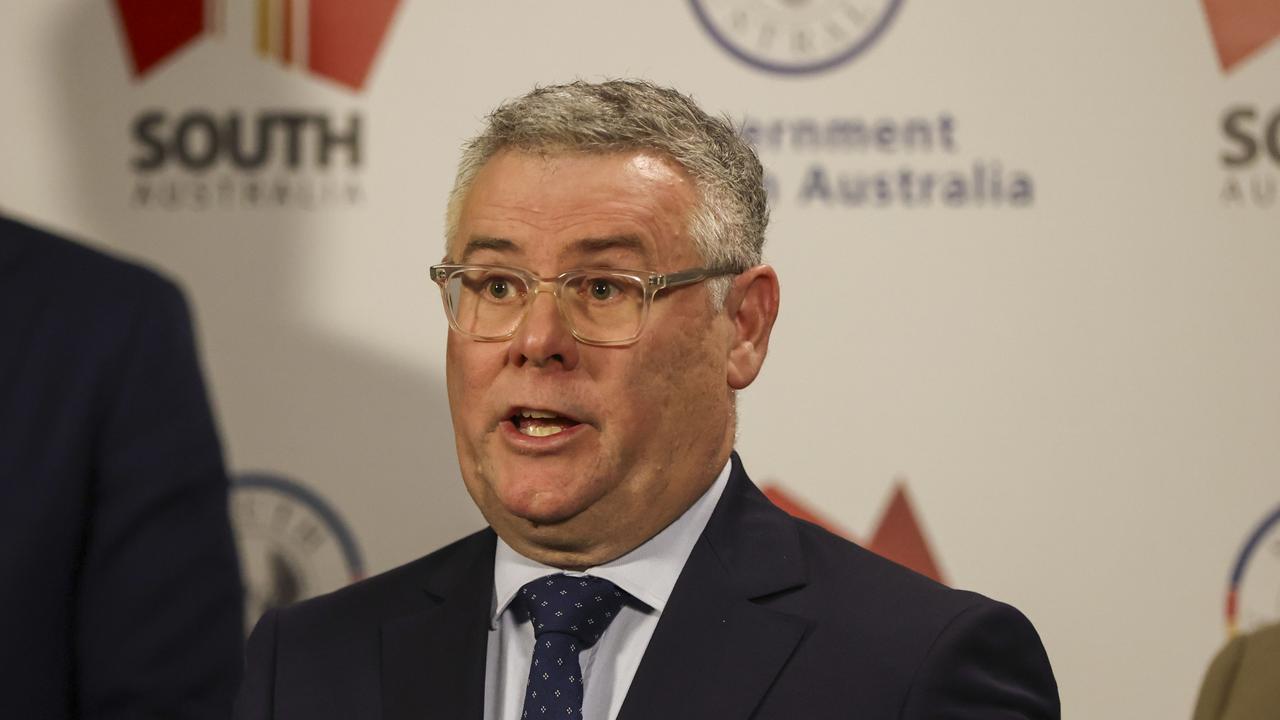
“More than three-and-a-half years for a decision on the section 10 application is, on the face of it, unreasonably long,” Justice Stewart told the Sydney courtroom on Monday.
“There is a positive duty under the relevant provision, for the minister to make a decision and to do so within a reasonable time.”
The judge said there was “no adequate explanation for the delay”.
“It is not said that there was some extraordinary or unforeseen event that delayed matters,” he said.
Justice Stewart also said Ms Cooper could bring the matter back to court if the minister failed to make a decision by September 12, which was the date she had asked the court to set in her application.
The judge ordered the Federal Court to pay Ms Cooper’s legal costs, although these won’t be determined until after the minister makes a decision on the section 10 application.
In February 2022, Ms Cooper and Josie Alec applied for a declaration under section 10 of the Aboriginal and Torres Strait Islander Heritage Protection Act to protect sites on the Burrup Peninsula from injury and desecration.
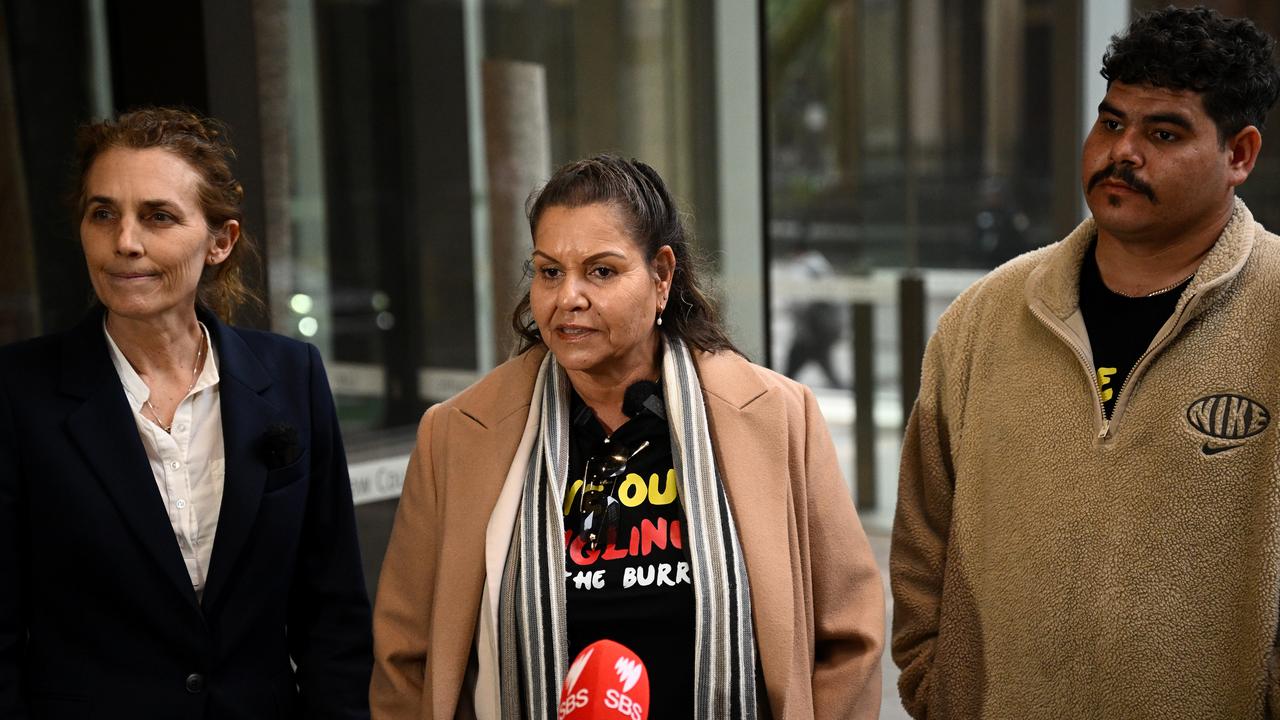
They alleged damage included the removal of sacred sites and rock engravings, the degradation of rock engravings from industrial emissions and chemical discharge, and the degradation of cultural heritage values from visual and noise pollution.
Woodside Energy’s gas processing facilities and two fertiliser plants were said to be the cause of the harm in the application, Justice Stewart said in his judgment summary.
In May, Ms Cooper launched legal action to force Mr Watt to determine the section 10 application following the delay.
Ms Cooper claimed victory in the court battle but said she was heartbroken that many of the sites listed in the original section 10 application had been damaged or destroyed during the assessment delay.
“While the minister has sat on this application, important sites recommended for protection by the section 10 report have been destroyed,” she said in a statement.
“This has echoes of Juukan Gorge,” she added, referring to the 46,000-year-old rock shelters destroyed by Rio Tinto.
The Burrup Peninsula, which is about 27km long and also known as Murujuga, contains some of the world’s oldest and largest petroglyphs.
Its rock art landscape was listed by the United Nations Educational, Scientific and Cultural Organisation (UNESCO) as a heritage site in July.
The inscription recognises the First Nations cultural value of the more than one million engravings at the site, some of which are thought to be more than 50,000 years old.
The matter will return to the same court on September 19 for a case management hearing.
13YARN 13 92 76
Lifeline 13 11 14
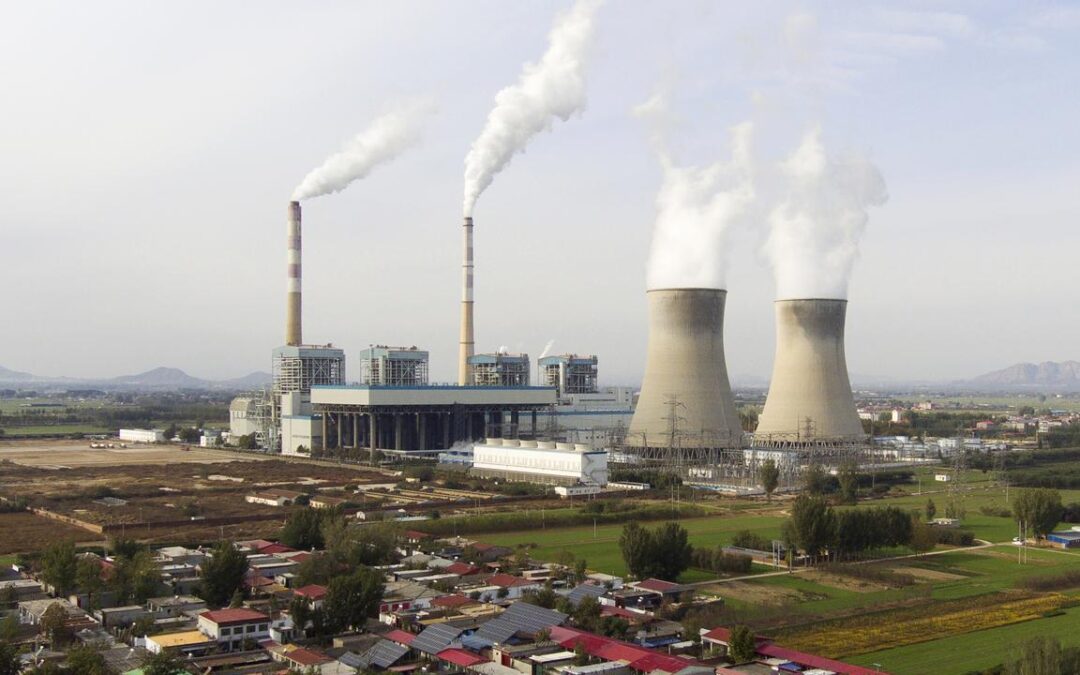
China boosts coal-fired power plants to nine-year high
China in the first half of 2025 expanded the capacity of coal-fired power plants more than in any comparable period over the past nine years – despite its rapid expansion of renewable energies
Between January and June, plants with a combined capacity of 21 gigawatts were connected to the grid, according to an analysis published on Monday by the Finland-based Centre for Research on Energy and Clean Air (CREA). It was the highest first-half figure since 2016.
Analysts expect the total to exceed 80 gigawatts by the end of the year.
“Despite a rapidly changing capacity and generation mix, coal power construction in China shows no sign of easing,” CREA said in its report.
At the same time, China continues to expand green energy production. CREA projects that wind and solar capacity will expand by more than 500 gigawatts by the end of 2025.
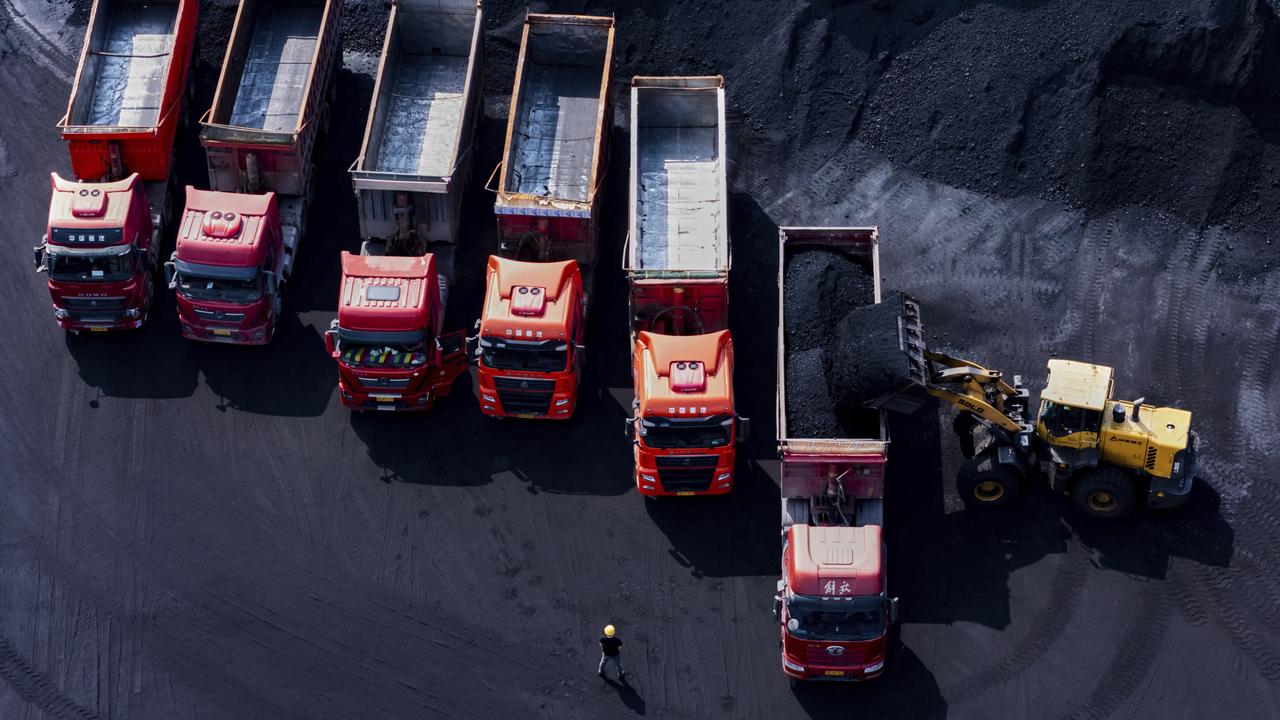
By comparison, Germany added just under 20 gigawatts of wind, solar and biomass capacity in 2024, bringing its total to around 190 gigawatts, according to the Federal Network Agency.
The rapid expansion of green energy has already curbed emissions.
An analysis by the online portal Carbon Brief found China’s CO2 emissions fell by 1 per cent in the first half of 2025 compared with a year earlier.
Emissions from the energy sector alone – the nation’s largest source of greenhouse gases – dropped by 3 per cent during this period.
CREA analyst Qi Qin said China’s clean-energy boom was driving both economic growth and decarbonisation, but warned that the continued reliance on coal risks wasting investment.
The Chinese government relies on coal when renewable output is insufficient.
However, CREA criticises Beijing for rarely using coal plants as a flexible backup, pointing out that they are mainly used to increase power when needed, with few incentives or rules to scale them down when demand drops.
In addition to the plants already built, Beijing approved new coal projects with a combined capacity of 25 gigawatts in the first half of 2025, with a further 75 gigawatts in new or revived applications.
Analysts believe developers are rushing to secure approvals before 2030, the year Beijing has pledged to peak its CO2 emissions.
It is still unclear what energy and climate targets Beijing will set in its upcoming 15th Five-Year Plan for 2026 to 2030.
As the world’s second-largest economy and biggest emitter of the greenhouse gas carbon dioxide, China is seen as pivotal in international efforts to tackle climate change.
The international community agreed at a climate conference in Glasgow in 2021 to take steps towards a phase down of coal for the sake of the climate.
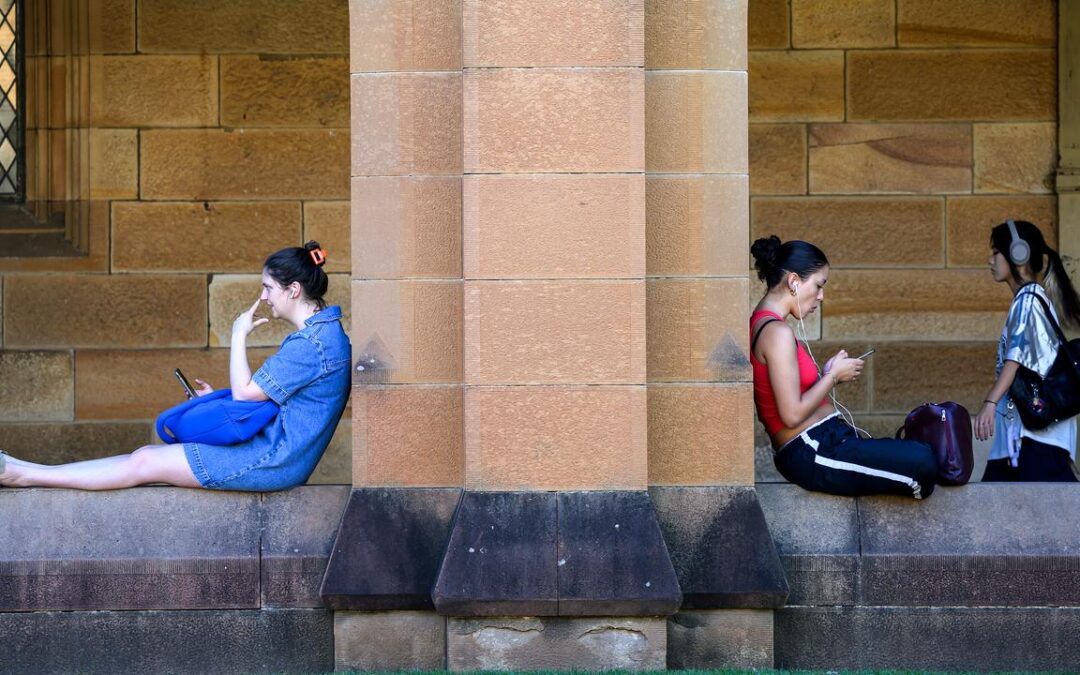
Warning democracy under pressure from youth disconnect
Fewer than half of Australian students are meeting the national standard when it comes to their knowledge about government processes.
It’s a statistic that comes as no surprise to 20-year-old Kiarah Nener, an advocate for a federal youth parliament beginning in 2026.
“Growing up in a rural area, I understand that engagement is something that is quite difficult to come across, and is not always prioritised for everyone in the way that it should be,” she told AAP.
Civics education outcomes are at their lowest point in 20 years, according to the latest national data, which House of Representatives Speaker Milton Dick said was a major concern.
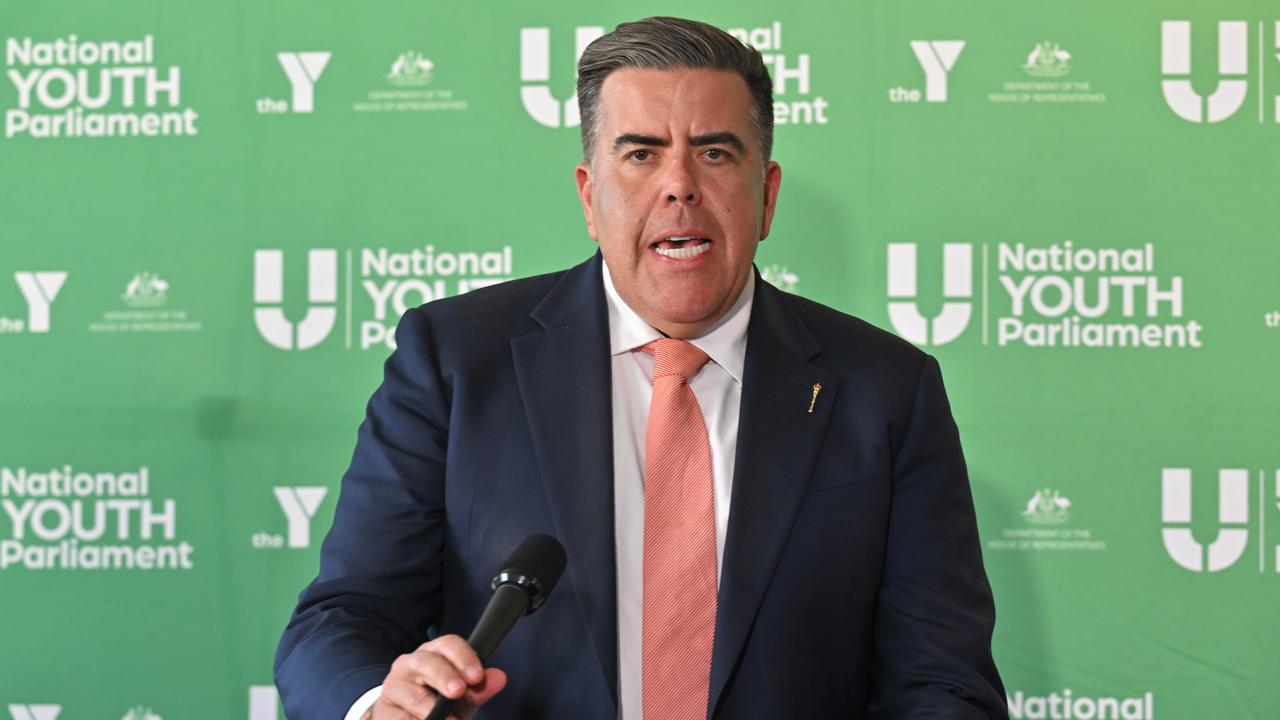
The increasing disconnect between young people and their knowledge of government is a sign Australia’s democracy is under pressure, Mr Dick told attendees at the national youth parliament’s launch on Monday.
“This isn’t good enough,” he said.
“Australia is one of the strongest democracies in the world, and these numbers aren’t just statistics.”
The youth parliament program builds on state government schemes to offer hands-on experiences including debates and workshops.
A selection of 150 students aged 16 and 17 will be chosen from each federal electorate for the first five-day event in August 2026.
Former participant in the state youth program Jaime Campbell said its benefits extend beyond those chosen to take part.
“I know that I feel really inspired when I see other young people talking about the issues they’re passionate about,” the 18-year-old told AAP.
“I really hope that other young people across the country, even if they don’t get the opportunity to travel to Canberra and participate in this program, can see that and feel inspired.”
The focus on youth in politics comes as parliament’s youngest-ever senator, 21-year-old Charlotte Walker, was to give her first speech on Monday.
The South Australian senator celebrated her milestone birthday on the day of the federal election, winning a third seat in the state for Labor.
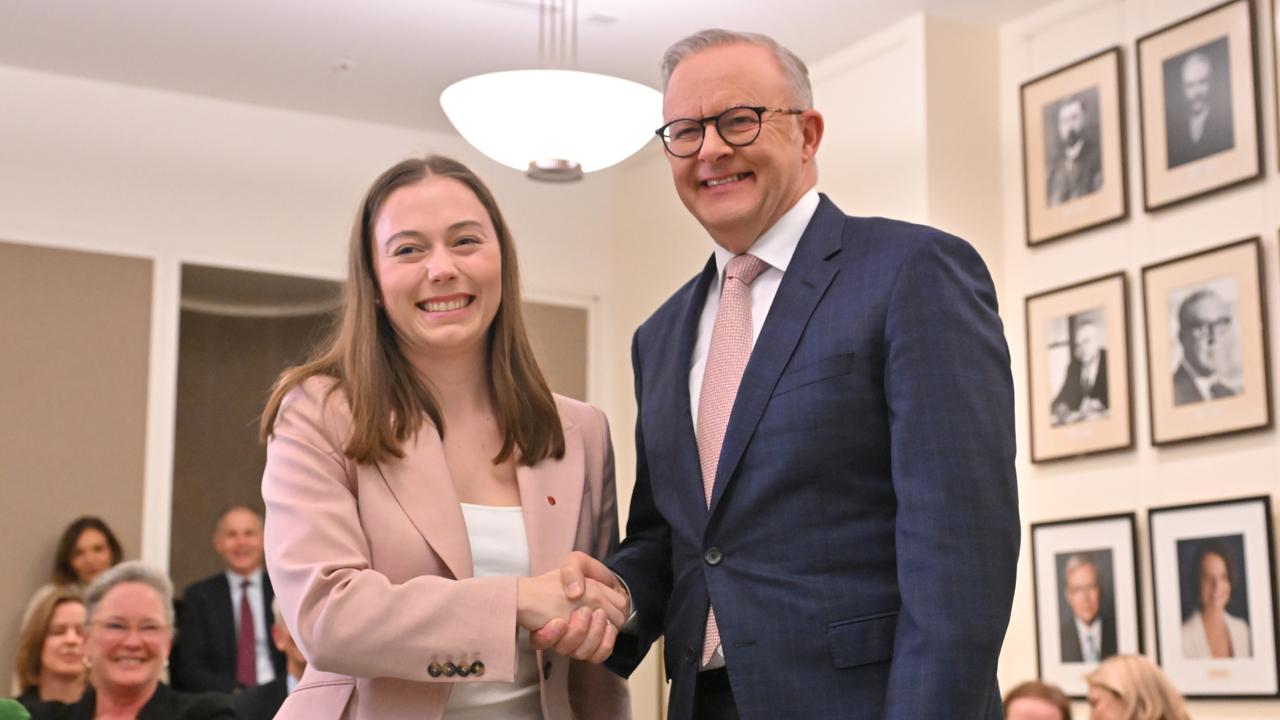
The youth program’s launch was among the first initiatives to come off the bat for the upcoming fortnight of federal parliament, where health, housing and wages are expected to dominate
Fresh from outlining ideas for long-term reform at its productivity roundtable, the government will shift focus to several key election promises as it settles into its second-term agenda.
Laws cutting the cost of prescriptions on the Pharmaceutical Benefits Scheme to $25 will be back up for debate during the fortnight.
Measures formally enshrining penalty rates are also set to pass the parliament as part of a workplace rights push.
While there were calls at the economic summit to commit to broad tax changes such as a crackdown on negative gearing and amendments to capital gains, Treasurer Jim Chalmers has stressed there are no immediate plans for an overhaul.
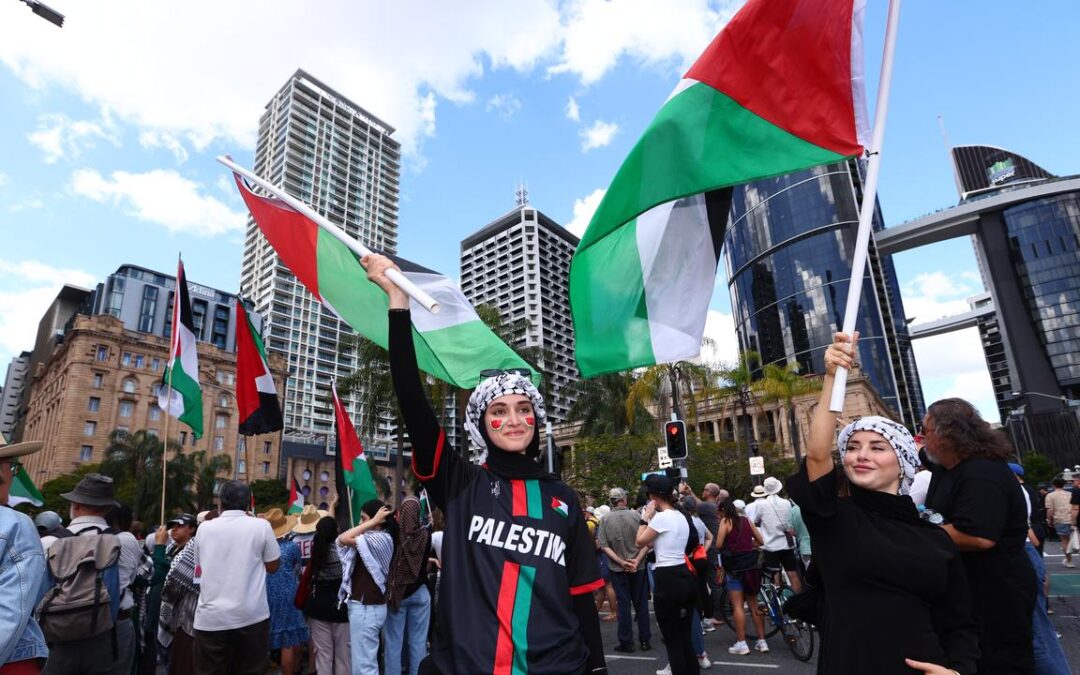
‘Sick and tired’: Gaza protests ramp up pressure on PM
Australia’s broad sanctioning of Russia has been highlighted after Anthony Albanese downplayed his ability to persuade Israel to stop its war in Gaza.
The prime minister said Australia did not have a lot of influence in the Middle East, after hundreds of thousands of people rallied in 40 cities and towns on Sunday, calling for more pressure to be applied on Israel.
“Australia is, of course, not a major power in the Middle East,” he told ABC Radio National on Monday.
“In spite of some of the rhetoric which is out there, Australia, for example, does not provide arms to Israel.”
Mr Albanese said Canberra would lobby diplomatically for a ceasefire, the delivery of aid into the blockaded enclave, the release of hostages and the disarming of terrorist-listed Hamas.
Amal Naser, an organiser of Sydney’s largest pro-Palestine rallies, said the government was shirking its responsibility under international law.
“Australia is also not a major power when it comes to Russia and Ukraine but it has enacted a wide range of sanctions against Russia,” she told AAP.
Australia sanctioned two far-right Israeli ministers in June – Itamar Ben-Gvir and Bezalel Smotrich – but Ms Naser urged it to go further, by withdrawing from the international supply chain for the F-35 fighter jet and imposing crippling economic sanctions.
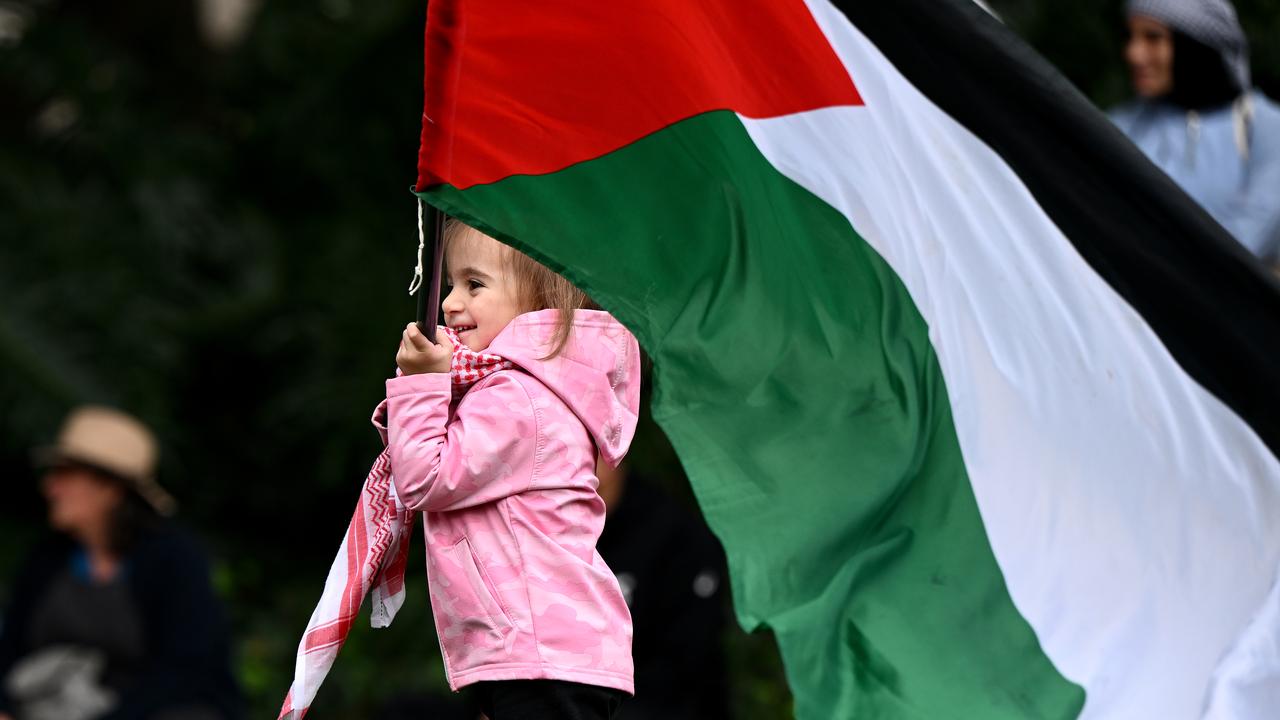
“People around Australia are sick and tired of seeing the Gaza Strip being absolutely annihilated and Israel being able to break every rule of law with full impunity,” she said.
More than 50,000 people turned out on Sunday to produce the largest pro-Palestinian crowd in Brisbane’s history, organisers said.
No attendees were arrested but a police investigation was triggered on Monday as footage emerged of a Hamas flag being displayed in Brisbane.
“That individual can’t get away with that because that is provocative,” Queensland Premier David Crisafulli told reporters on Monday.
“It’s inciteful, it’s anti-Semitic, and it’s the kind of behaviour that we don’t stand for in this state and this nation.”
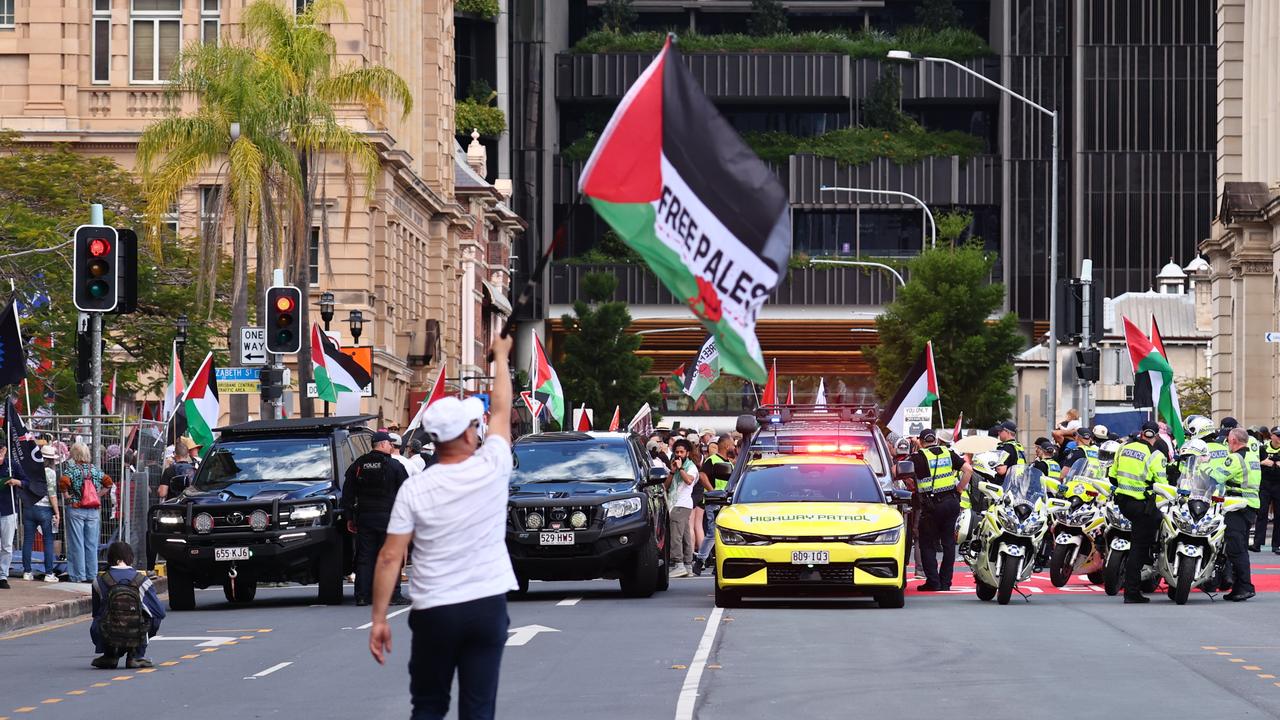
Police said they were investigating the display of a terrorist organisation symbol.
“We’re taking that matter very, very seriously,” Acting Assistant Commissioner Rhys Wildman said.
Victorian Premier Jacinta Allan said she was pleased with the peaceful nature of the Melbourne protesters.
But opposition leader Brad Battin claimed the weekly pro-Palestine rallies are making people less safe, pointing to the need to divert officers for “babysitting” demonstrators.
Organisers are aiming for another national day of action on October 5, to mark two years since the violence began.
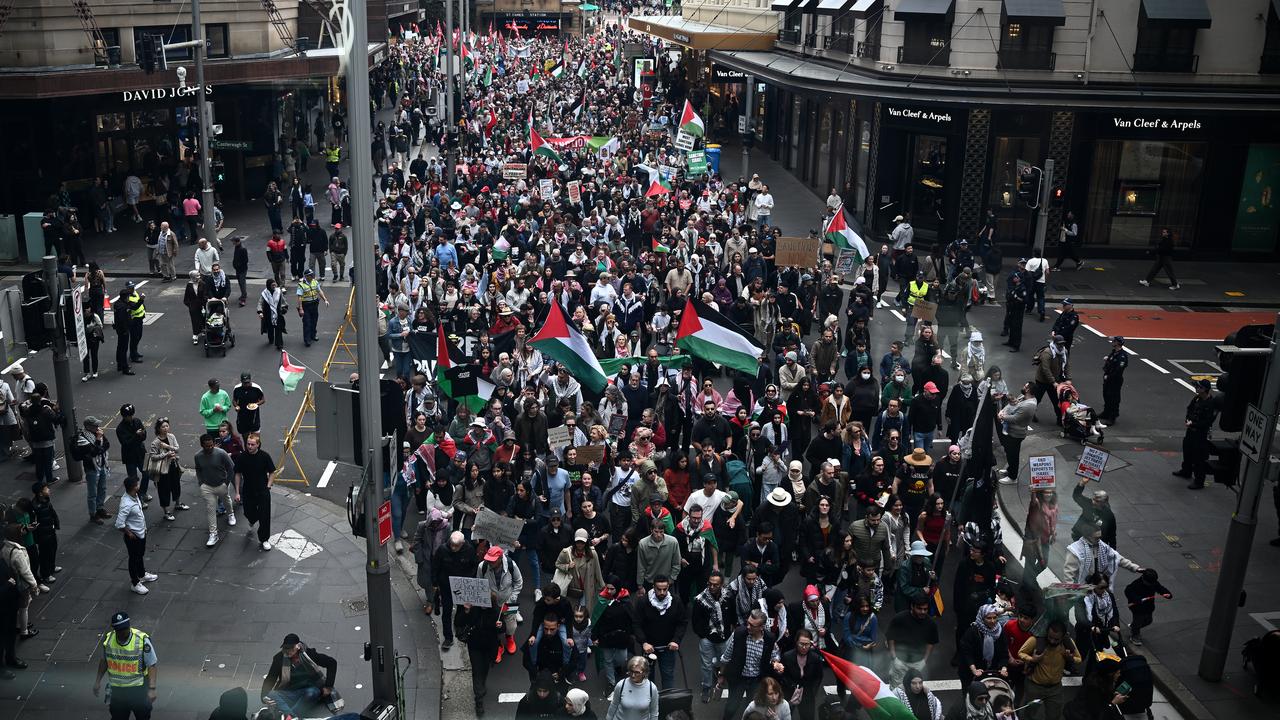
More than 60,000 Palestinians have been killed including 18,000 children in the ongoing assault on Gaza, according to the United Nations.
The retaliatory action came after militant group Hamas killed 1200 people and took more than 250 hostages in a cross-border attack on October 7, 2023.
The UN has recently confirmed a full-fledged famine is occurring in parts of the Gaza Strip for the first time.
Israeli Prime Minister Benjamin Netanyahu called the famine declaration an “outright lie”.
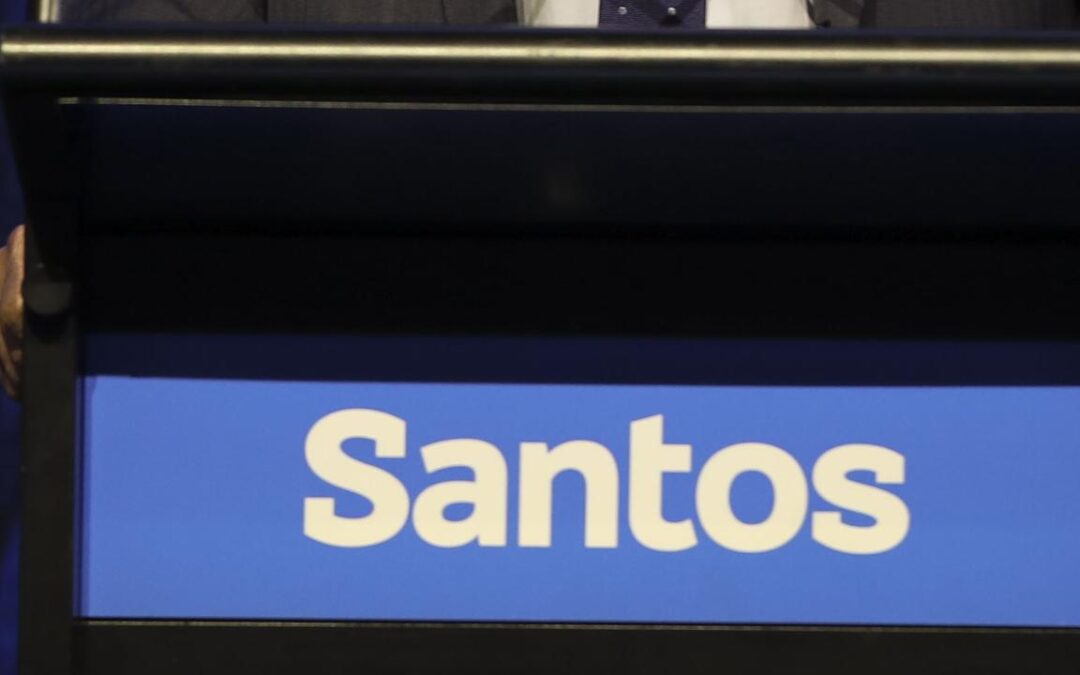
Santos extends deadline for $36b takeover for 2nd time
Negotiations for Australia’s second-biggest oil and gas producer to be acquired for $36.4 billion by a consortium led by United Arab Emirates’ state-owned oil company are dragging on but neither side is walking away from the bargaining table just yet.
Santos on Monday said it would grant the Abu Dhabi National Oil Company and investment group Carlyle a four-week extension of its exclusivity period to make a binding takeover offer, after previously granting the group a two-week extension that expired on Friday.
The consortium in late June floated a tentative price point of $US5.76 ($8.89) a share for Santos, but its shares have consistently traded well below that, an indication that investors are concerned about the deal going through.
Santos reiterated on Monday that there was no certainty the talks would result in a binding takeover agreement for what would be the largest all-cash takeover in Australian history.
If a deal is reached it would require clearance from regulators in Australia, PGN and the United States, with approval from Australia’s Foreign Investment Review Board seen as the biggest hurdle.
On Monday morning, STO shares were up 1.0 per cent to $7.84.
Also on Monday, Santos reported it made a $US439 million ($678 million) net profit in the first half, down from $US636 million ($982 million) a year ago.
It made $US1.09 billion ($1.7 billion) in free cash flow from operations, slightly up from $1.07 billion ($1.7 billion) year ago, while production held steady at 44.1 million barrels of oil equivalent.
Santos managing director and chief executive officer Kevin Gallagher said the results demonstrated the reliability of Santos to generate strong cash flow from operations.
Santos declared an interim dividend of US 13.4 cents (20.7 cents) per share, franked to 10 per cent, up from 13 cents a year ago.
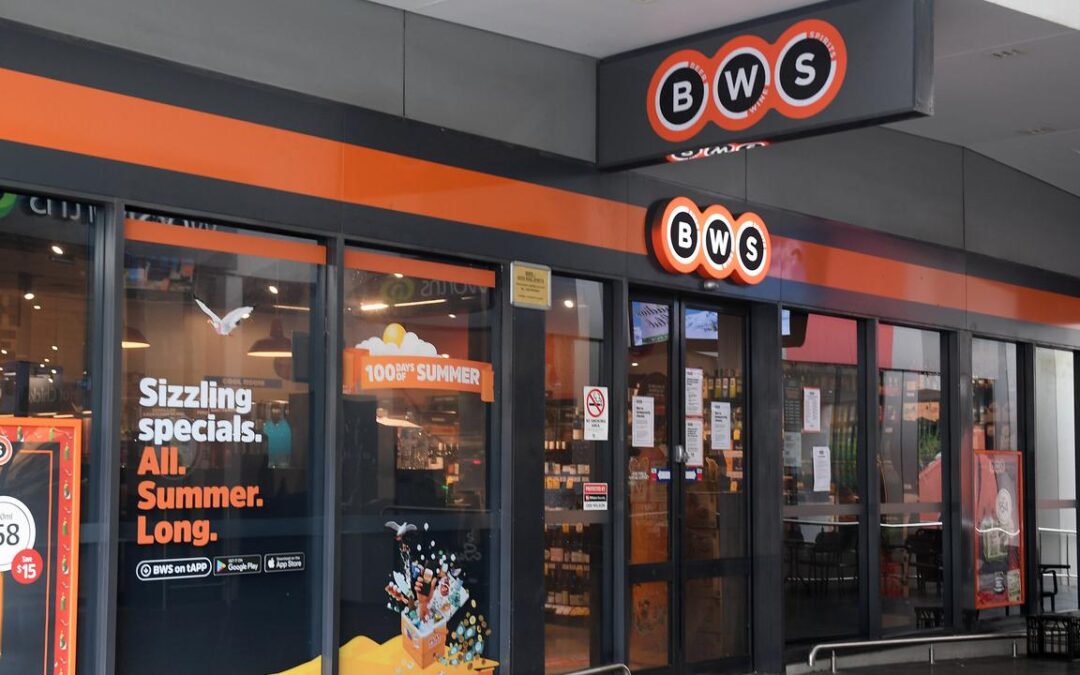
Dan Murphy’s owner slashes dividend as profit tumbles
Australia’s biggest alcohol retailer has reported a drop in profit after subdued sales amid ongoing cost of living pressures, particularly in poorer outer suburban areas, as it waits for new leadership after recent management turmoil.
Dan Murphy’s and BWS owner Endeavour Group on Monday said it would cut its dividend after making just $426 million in net profit after tax in the 52 weeks to June 29, down 15.8 per cent from 2023/24.
Beyond the poor financial showing there have been leadership challenges since Steve Donohue announced his retirement in 2024 after 30 years with the company.
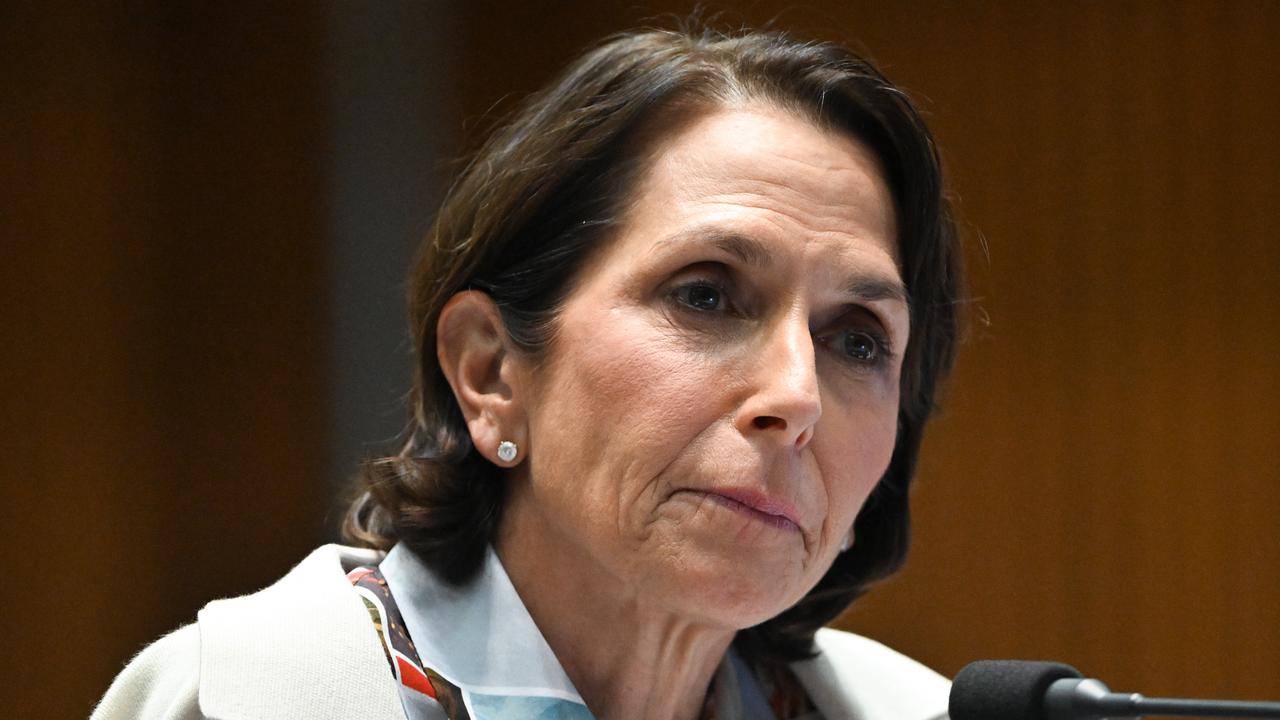
Former chairman Ari Mervis had been serving temporarily as executive chairman but quit effective immediately three weeks ago, citing disagreements with the board regarding strategy.
Former Virgin Australia and a2 Milk CEO Jayne Hrdlicka is set to take over as chief executive and managing director on January 1, pending receipt of regulatory approvals.
For now she’s consulting to the board the equivalent of two days a week.
“As a board, we recognise that F25 was a challenging year, marked by movements within both the Executive Leadership Team and the Board,” said chairman Duncan Makeig.
The company is also undertaking a portfolio-wide review of its business after the sub-par year that reportedly could result in a split-up of its pubs business from its liquor stores.
Endeavour Group said that in 2024/25, retail sales fell by 1.2 per cent to $10 billion, due to the softer consumer spending in retail liquor as well as the industrial action by Woolworths warehouse workers late last year.
The strike prevented stock from reaching Endeavour’s stores in the crucial lead-up to Christmas, costing Endeavour an estimated $40 million to $50 million in lost sales.
The company’s 1444 BWS and 278 Dan Murphy’s liquor stores saw solid trading around key reasons to celebrate, including Christmas, New Year and Easter, but outside of those areas consumer spending remained subdued, the group said.
That’s a trend that has continued into the new financial year, with Dan Murphy’s and BWS sales down 1.3 per cent in its first seven weeks, compared to the same period a year ago.
Customers with higher discretionary income and younger demographics have been less impacted by the cost-of-living squeeze, with luxury wines – bottles priced at $25 and above – continuing to sell well.
“We expect retail liquor market conditions to improve as inflation moderates and real wages increase,” Endeavour Group said.
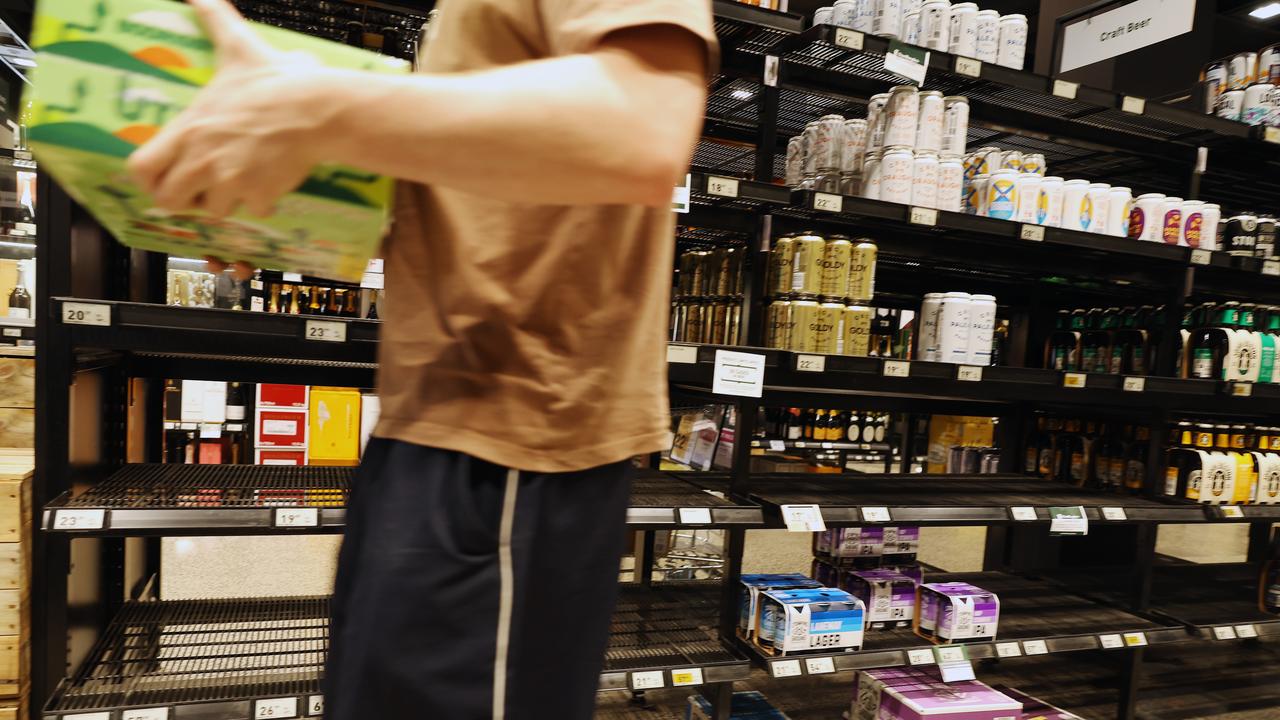
Partially offsetting the drop in retail liquor sales was a stronger performance by Endeavour Group’s portfolio of 354 licensed hotels and clubs, where sales were up 4.1 per cent to $2.1 billion in 2024/25 and have been up 4.4 per cent for the first seven weeks of the 2025/26.
Endeavour plans to add 600 new poker machines in the first half, after adding another 1000 last financial year.
Endeavour Group said it would pay a 6.3 cent per share final dividend, fully franked, down from 7.5 cents a year ago.
Its total dividends for 2024/25 are also down, to 18.8 cents per share, from 21.8 cents the prior two financial years.
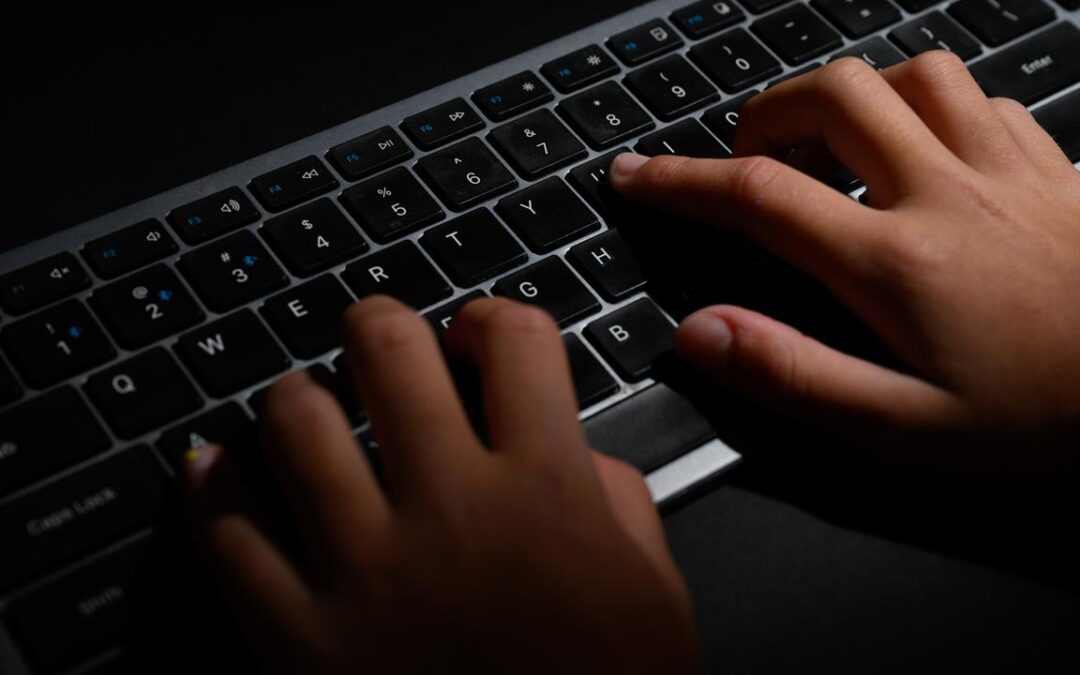
Bank customers more scam savvy as fraud losses fall
Australians are getting less susceptible to banking scams because of greater knowledge about rorts and bolstered bank security.
There was a 15 per cent drop in financial losses to scams between October 2024 and June 2025, according to research published by ANZ Bank on Monday.
The Australian Institute of Criminology earlier in August said cybercrime hit almost half the nation’s internet users in the past year, pointing to identity theft as the most commonly used method.
ANZ said although scams were getting more sophisticated there was greater customer engagement with security features and a lift in understanding about illicit schemes targeting bank users.
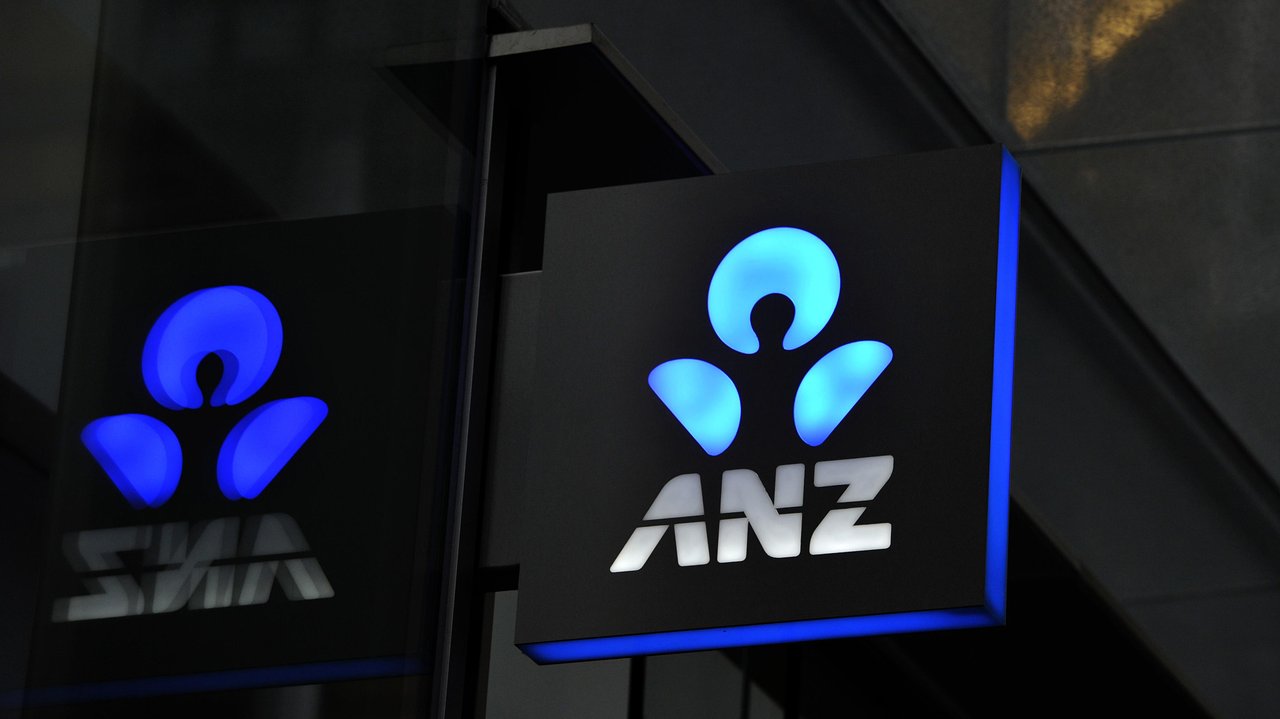
The bank’s head of Australia and New Zealand customer protection, Shaq Johnson, said “staying ahead of cybercriminals requires constant work and vigilance”.
“Our customers are becoming increasingly aware of how to protect themselves,” Mr Johnson said.
ANZ said it stopped $100 million worth of scams in the nine months to June and urged customers to “continue building their awareness through available education opportunities”.
The pleasing result followed the bank adding another layer of protection to its telephone banking services, it said.
The Commonwealth Bank earlier in August said it was getting the upper hand on scammers, citing a 76 per cent fall in customer losses to fraud since a peak in early 2023.
The bank said it spent almost $1 billion in 2024/25 on preventing scams including the roll-out of “two new defensive assets” to help protect customers.
Commonwealth, Australia’s biggest bank, is also using AI to confront grifters on voice calls and WhatsApp chats.
The federal government’s Scamwatch unit says consumers should be on the lookout for scams that can be attempted by SMS or text messages, email, phone calls, social media, websites or in person.
Scams that involve online dating and romance, investment, or threats and extortion are some of the most common types, according to Scamwatch.
Vulnerable groups often targeted by scammers are young people, Indigenous Australians, LGBTQI communities and people with disabilities.
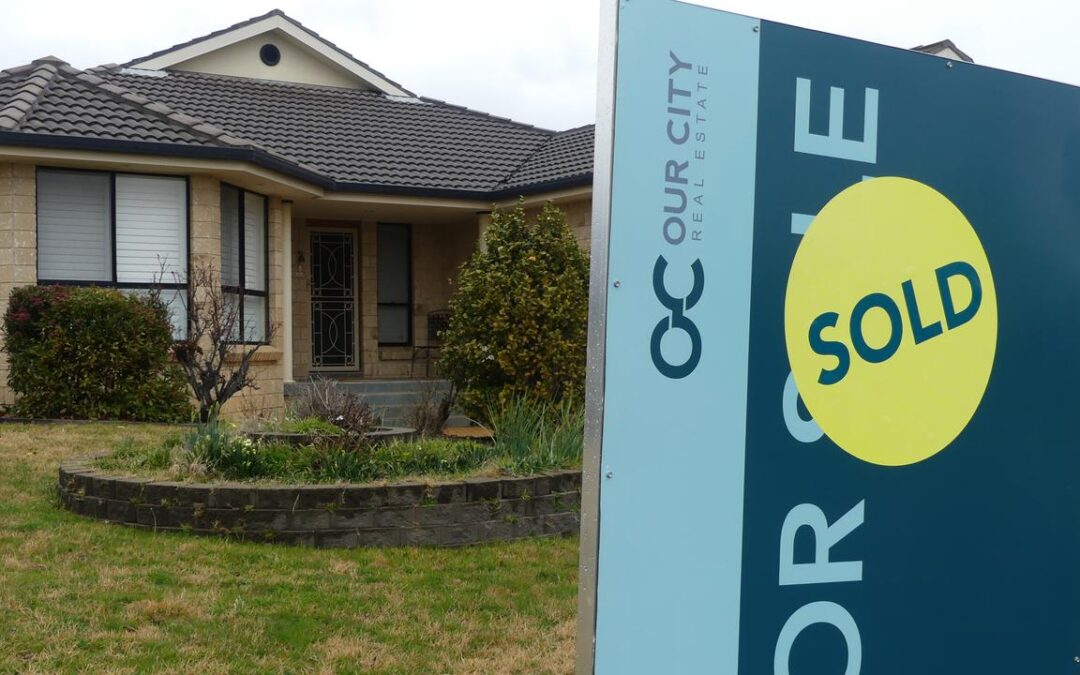
First home buyers score early access to deposit scheme
All first home buyers will be able to get on the property ladder with a lower deposit sooner, as a federal scheme kicks in earlier.
The government initiative allowing those looking to buy their first property to put down a deposit of as little as five per cent will begin rolling out from October, three months earlier than its original start time of January 2026.
The October start date will mark an expansion of the deposit scheme to all first home buyers, after previous versions had a yearly cap on the number of participants.
As part of the scheme, the government will act as guarantor and contribute the remaining 15 per cent of a deposit, allowing buyers to not take out costly lenders mortgage insurance.
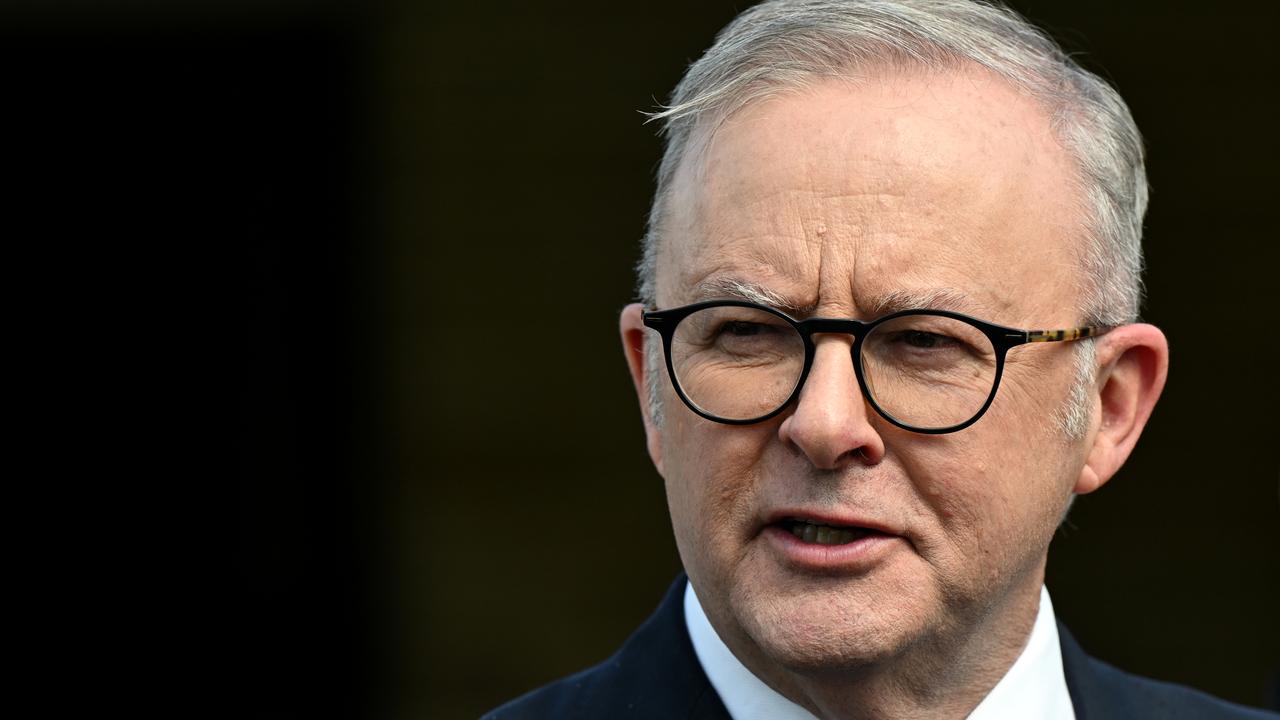
The earlier start date for the scheme would reduce hurdles to entering the property market, Prime Minister Anthony Albanese said.
“We want to help young people and first home buyers achieve the dream of home ownership sooner,” he said.
“Bringing the start date of our five per cent deposit scheme will do just that, getting more Australians into their home quicker, while saving money along the way.”
Prince caps for eligible homes in the scheme in almost all jurisdictions have been increased.
A first home buyer looking to purchase a property at the national median price of $844,000 would only need a $42,200 deposit to get their own home.
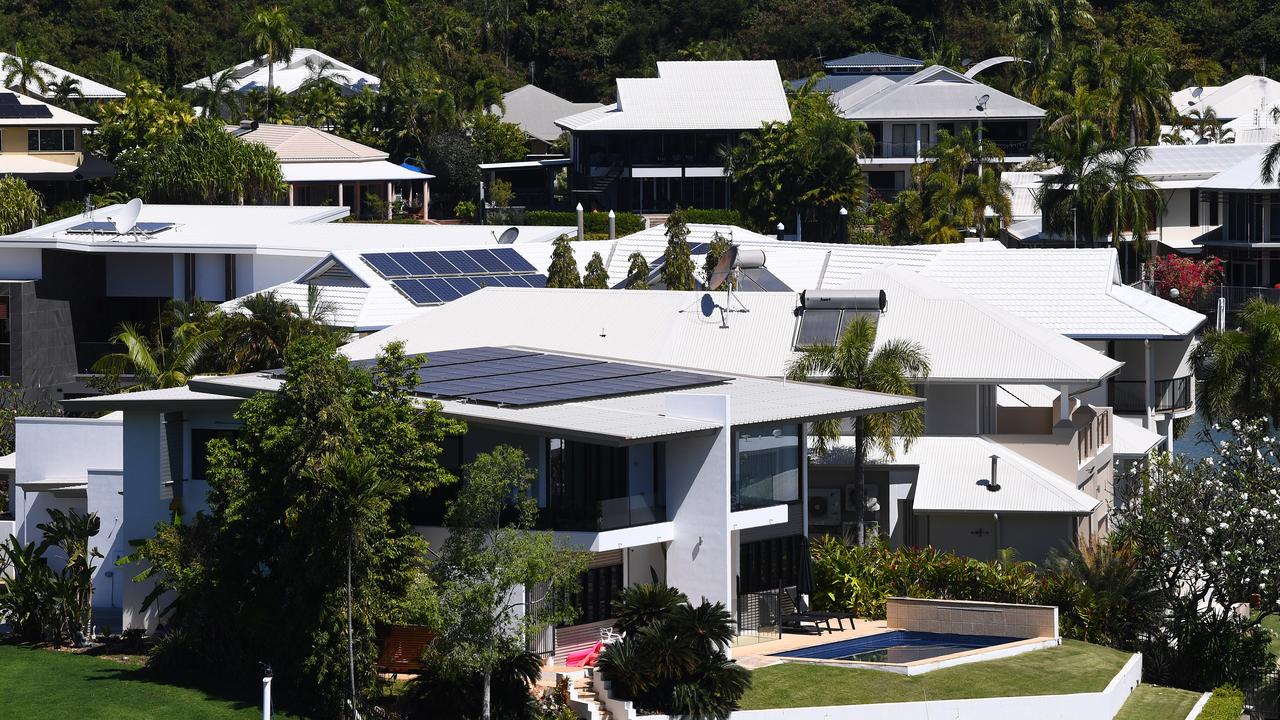
A deposit of $75,000 would be needed for the maximum property value of $1.5 million in Sydney.
It’s estimated 70,000 people are expected to use the home guarantee scheme in its first year of expanded access, 20,000 more than the current yearly cap.
Housing Minister Clare O’Neil said the scheme would make access to home ownership more equitable.
“The Albanese Labor government is stepping up to level the playing field and back a new generation of first home buyers into the housing market,” she said.
“It’s just not right that an entire generation of young Australians have been locked out of the housing market, saving for decades while paying off someone else’s mortgage.”
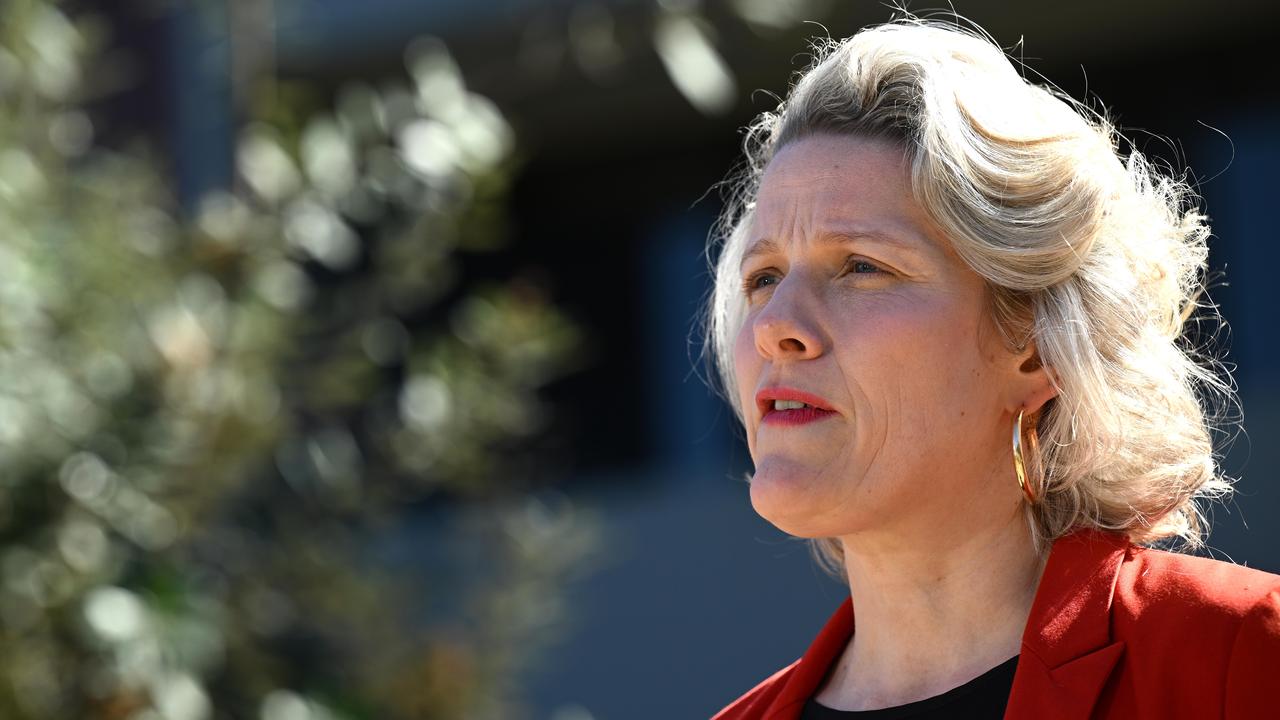
The scheme’s earlier start date comes as upcoming changes to the national construction code were paused to allow for homes to be built quicker.
The code will be put on hold until 2029 with the exception of safety standards, which have been touted as reducing complexity for workers in the construction industry.
The pause follows the federal government’s productivity roundtable, which also led to the fast-tracking of environmental approvals for more than 26,000 homes.
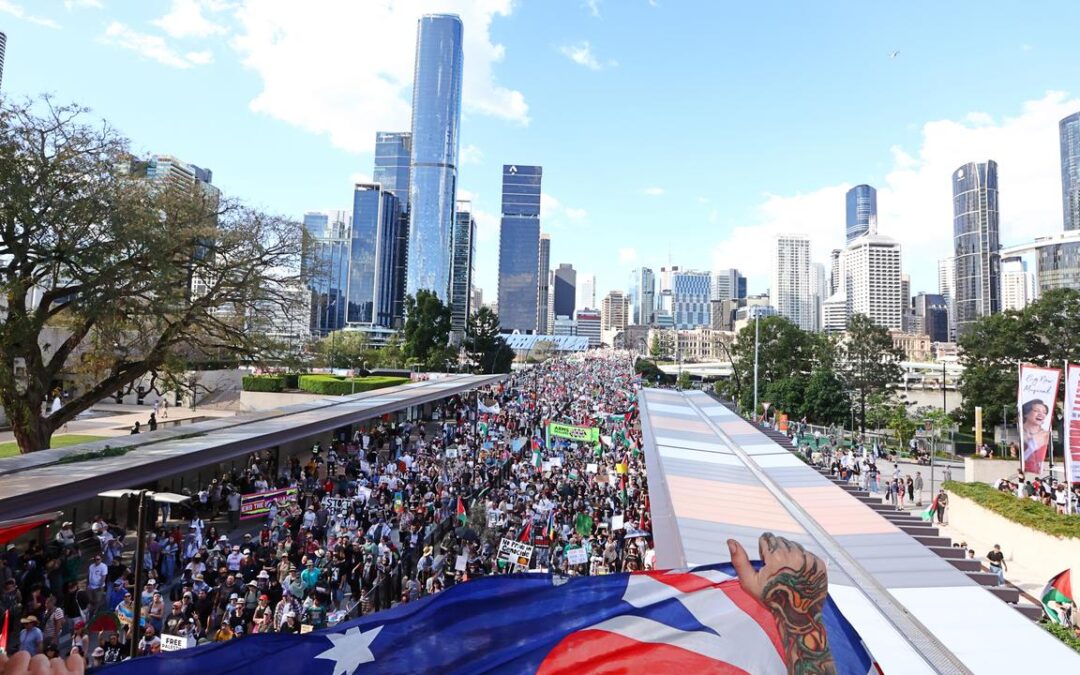
‘Biggest ever’: support for Palestine action swells
Australians’ support for Palestine is at its greatest ever level and even bigger protests are to come, rally organisers say.
Marches across more than 40 cities and towns on Sunday drew crowds in the hundreds of thousands, the largest pro-Palestine demonstrations in Australia’s history.
The nationwide day of action saw every major Palestinian organising group join forces from state capitals to far-flung inland and coastal towns.
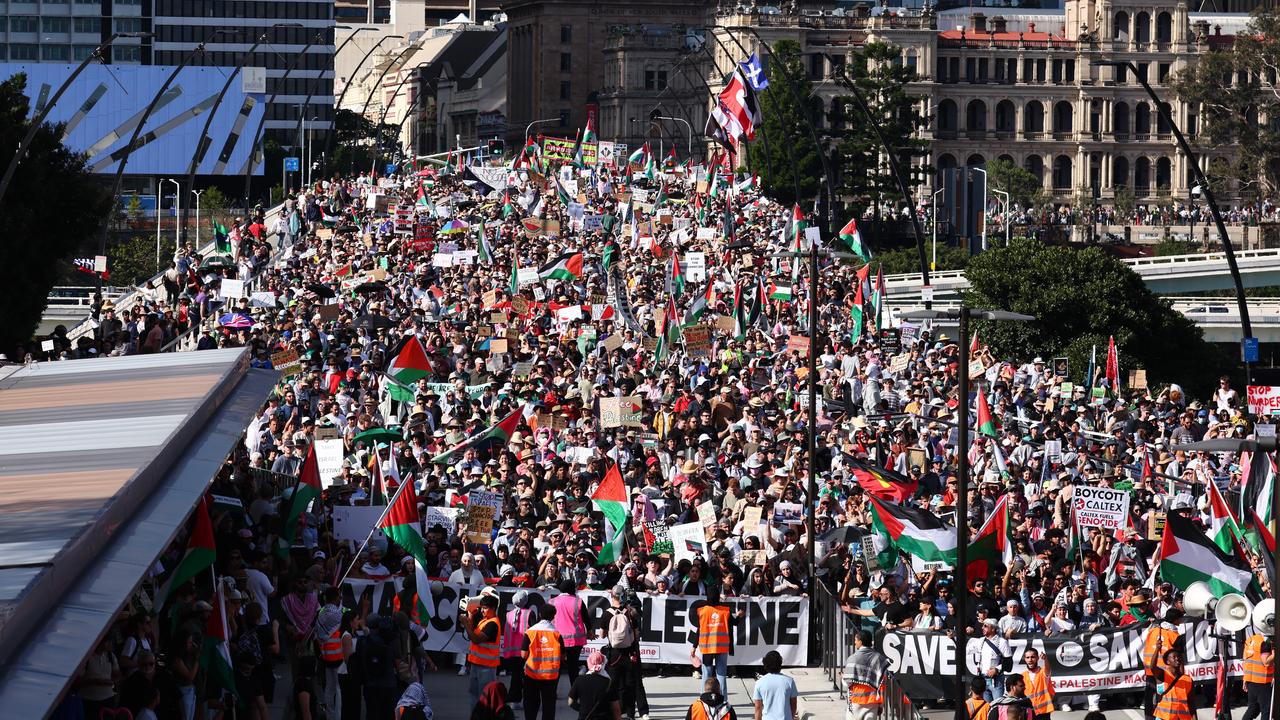
Palestine Action Group’s Sydney spokesman Josh Lees said the numbers have bolstered the group’s plans for greater continued resistance.
“Sunday was the most nationally co-ordinated day we’ve had so far,” he told AAP.
“If you add all the numbers up, this is the biggest ever mobilisation over 40 cities and towns in support of Palestine.
“What we saw with the Sydney Harbour Bridge march of 300,000 people … that was the moment that the dam burst.
“Now it’s overflowing.”
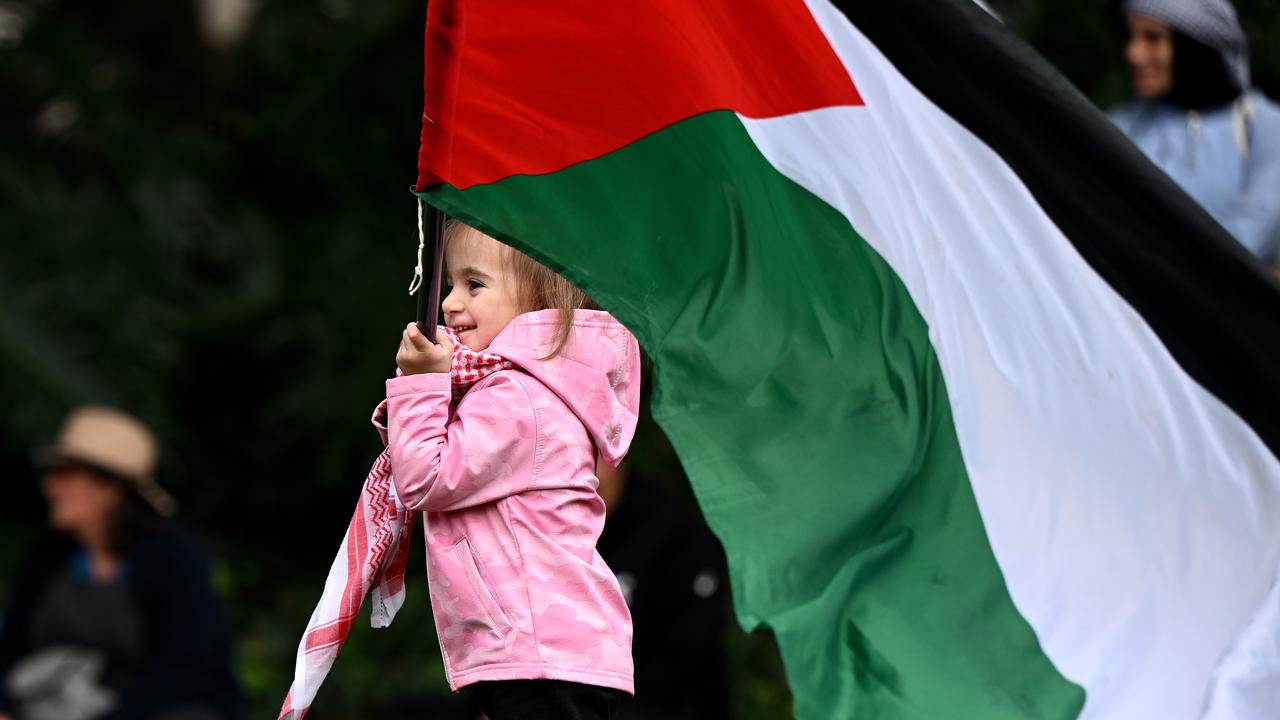
Protests began taking place from 12pm in every capital city, as well as regional locations including Newcastle, Bathurst, Shepparton, Geraldton, Coffs Harbour, Katoomba, Tathra and Mackay.
Mr Lees put the combined turnout on Sunday at more than 300,000 with Sydney and Melbourne attracting crowds of about 100,000 each.
“You don’t get these kinds of numbers out unless there’s a big majority support,” he said.
Brisbane amassed the largest pro-Palestinian crowd in the city’s history, with rally organisers estimating about 50,000 turned up in support.
Police estimates of crowds were far more conservative. Both Queensland Police and Victoria Police put the figures in their respective capital cities at 10,000.
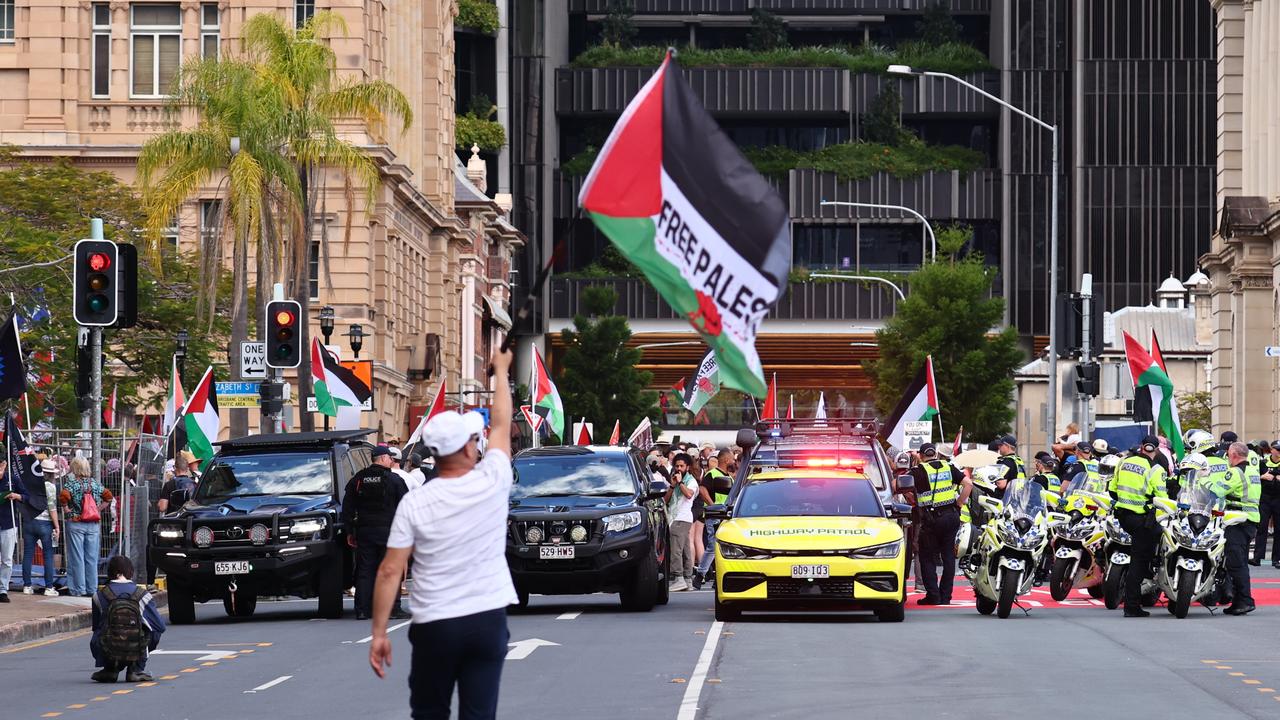
Mr Lees said the aerial footage spoke for itself.
“There’s just huge momentum now (and) the numbers give people the confidence to keep pushing.
“The government is under massive pressure now.”
Author and advocate Grace Tame expressed similar sentiments at the Sydney march.
“There is another force that power responds to … it is public pressure,” she told those gathered at the city’s Hyde Park on Sunday.
“If we can get 300,000 to block the bridge we can get three million.”
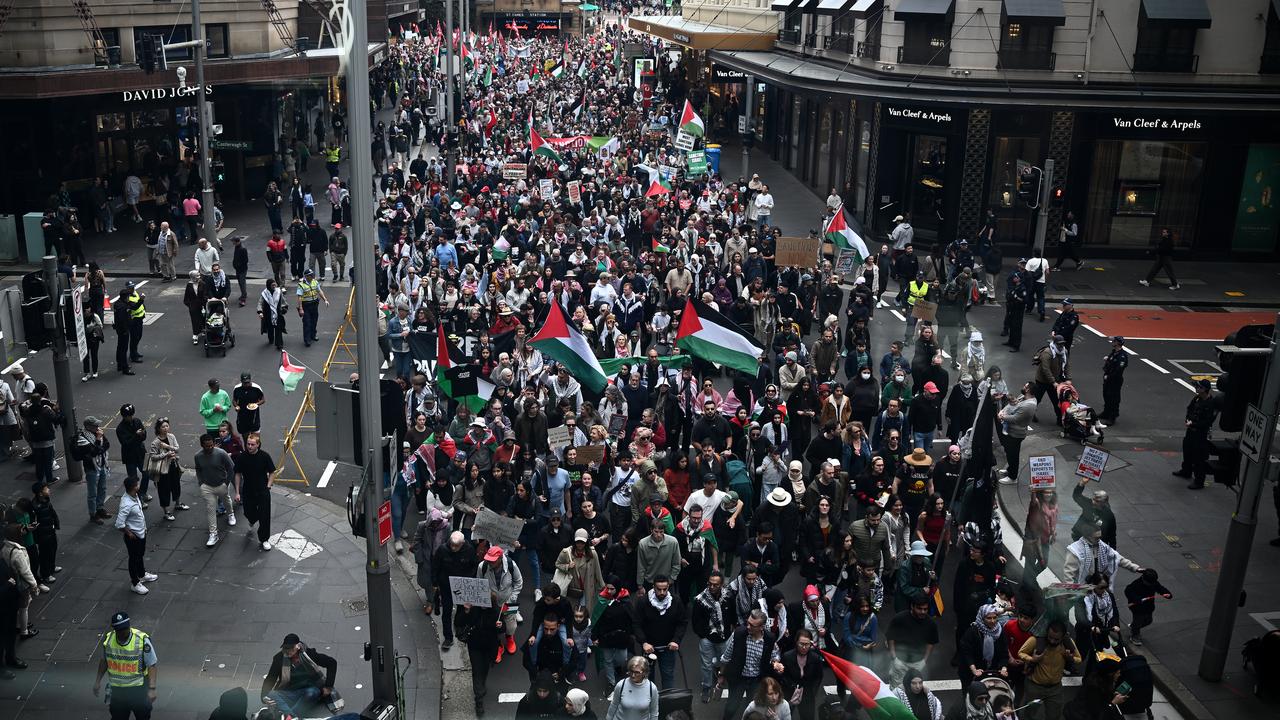
Organisers are aiming for another national day of action on Sunday, October 5, to mark two years since the violence began.
More than 60,000 Palestinians have died including 18,000 children since October 7, 2023, when Hamas killed 1200 people and took more than 200 hostages at an Israeli music festival, according to the United Nations.
The UN recently confirmed famine in parts of the Gaza Strip for the first time, as Israel prepares for a military takeover of the entire city.
Israel has rejected criticism that its actions in Gaza amount to genocide, a claim that has also been brought against it at the International Court of Justice.
Israeli Prime Minister Benjamin Netanyahu called the famine declaration an “outright lie”.
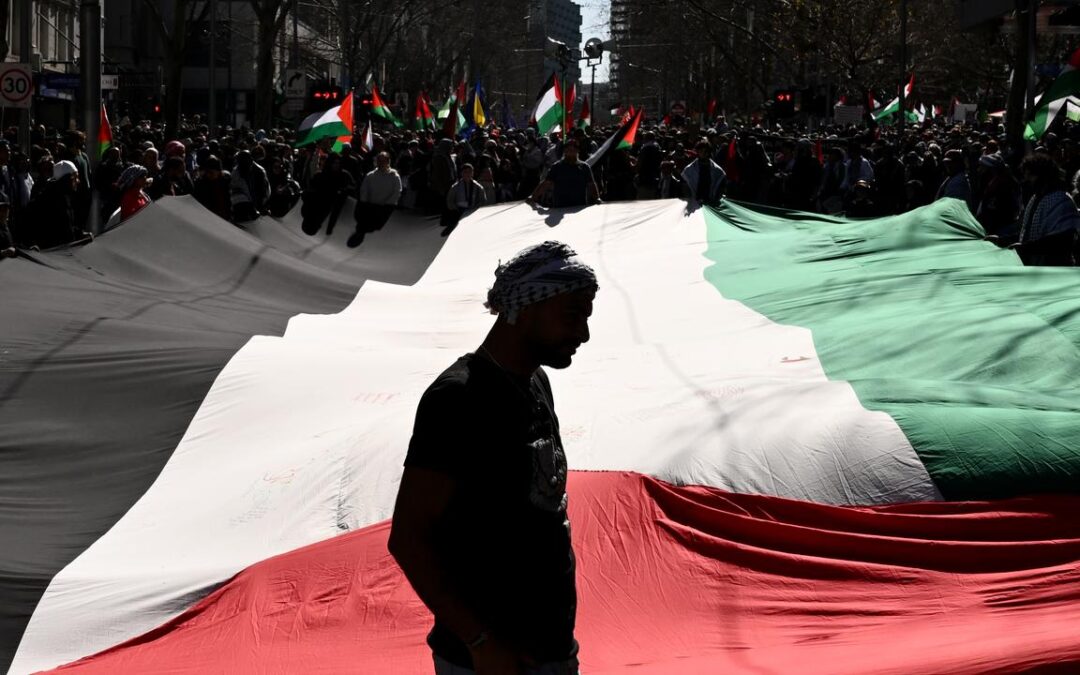
Thousands flood cities demanding action on Palestine
Raucous, chanting crowds of thousands of people have marched through dozens of Australian cities and towns, demanding action to save dying and starving Palestinians.
Marchers, backed by more than 250 community organisations, unions and prominent public figures, turned up at rallies in more than 40 cities on Sunday to demand sanctions and an end to Australia’s arms trade with Israel.
Police estimates of crowds were far more conservative than numbers released by organisers, who said there were more than 300,000 marchers across the nation.
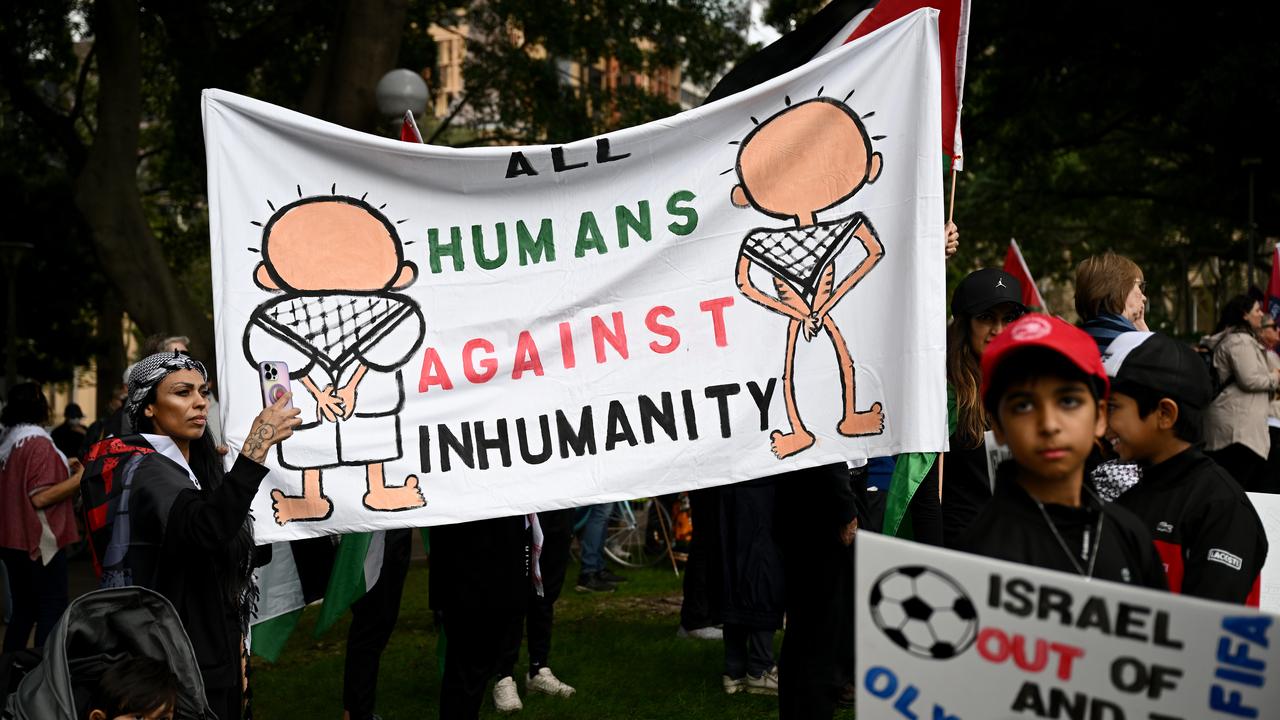
At the Sydney event, which attracted 100,000 protesters according to organisers, Grace Tame asked the crowd: “Who is ready to resist?”
“There is another force that power responds to … it is public pressure. If we can get 300,000 to block the bridge we can get three million,” the 2021 Australian of the Year said.
Advocate and journalist Antoinette Lattouf said the western media “continues to treat Palestinian lives as expendable and Palestinian journalists as disposable”.
“It will be remembered not as a witness, but as an accomplice,” she told the crowd.
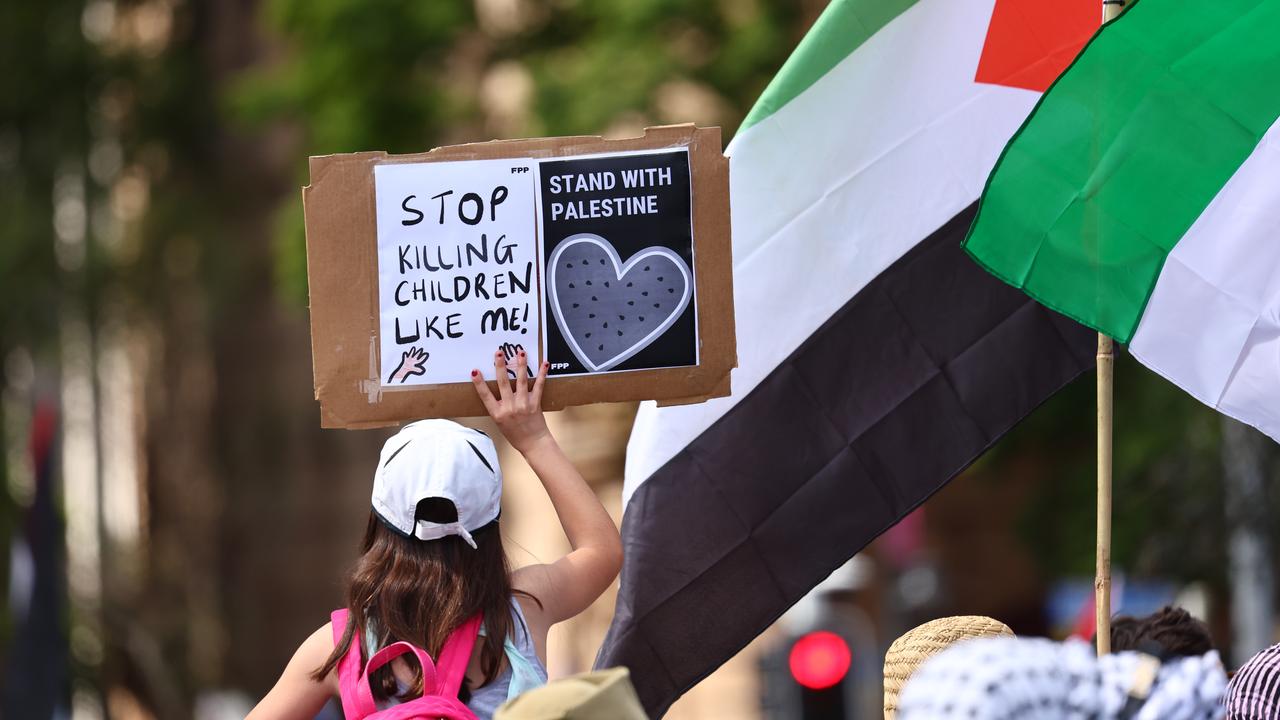
Palestine Action Group’s Sydney spokesman Josh Lees told AAP the march on Sydney Harbour Bridge earlier in August “has generated so much momentum around the country”.
“The dam has burst in terms of support for Palestine and opposition to this genocide,” he said.
“No more bullshit. No more empty words. No more empty gestures.”
In Melbourne, protesters congregated outside Victoria’s State Library, chanting “sanction Israel now”, then marched to Flinders Street Station.
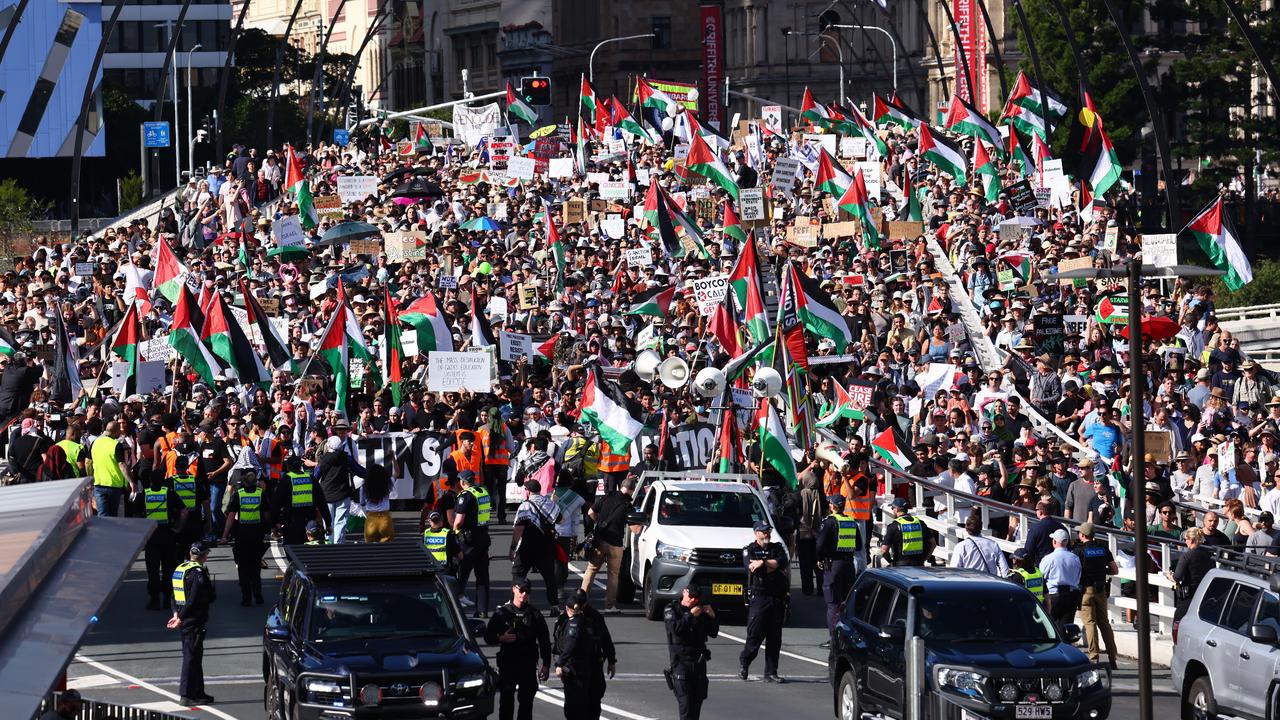
Organisers scoffed at police estimates of 10,000-plus people, noting that when the front of the rally had turned the corner onto Flinders Street, the back of the march hadn’t yet left the state library.
“This makes it significantly larger than marches the press has previously called at 60,000 – it’s more like 100,000 people,” organiser Jasmine Duff told AAP.
Organiser Nour Salman said Australia’s plans to recognise Palestinian statehood, in step with like-minded allies at the next United Nations meeting in September, must be accompanied by tougher sanctions on Israel.
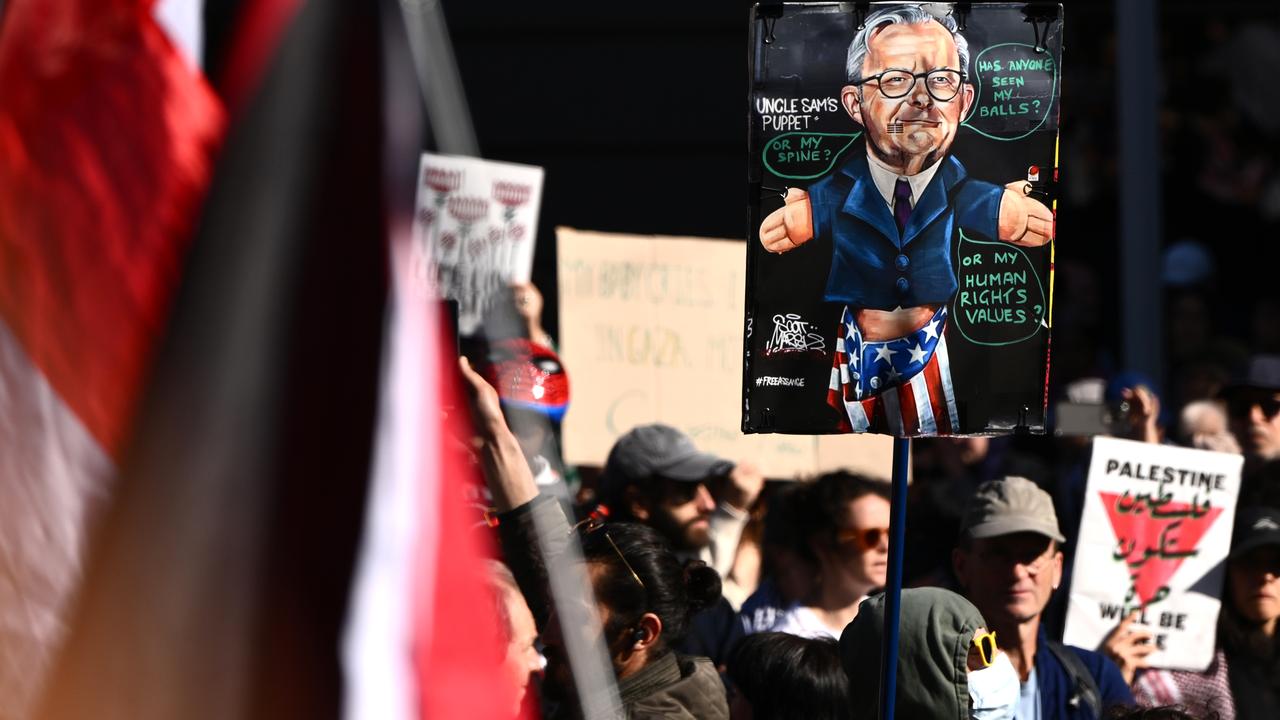
“Enough is enough. There is no ifs, buts or maybes,” the Palestinian activist said.
The action comes days after the United Nations confirmed famine in parts of the Gaza Strip for the first time, as Israel prepares for a military takeover of the entire city.
More than 60,000 Palestinians have died including 18,000 children since October 7, 2023, when Hamas killed 1200 people and took more than 200 hostages at an Israeli music festival, according to the United Nations.
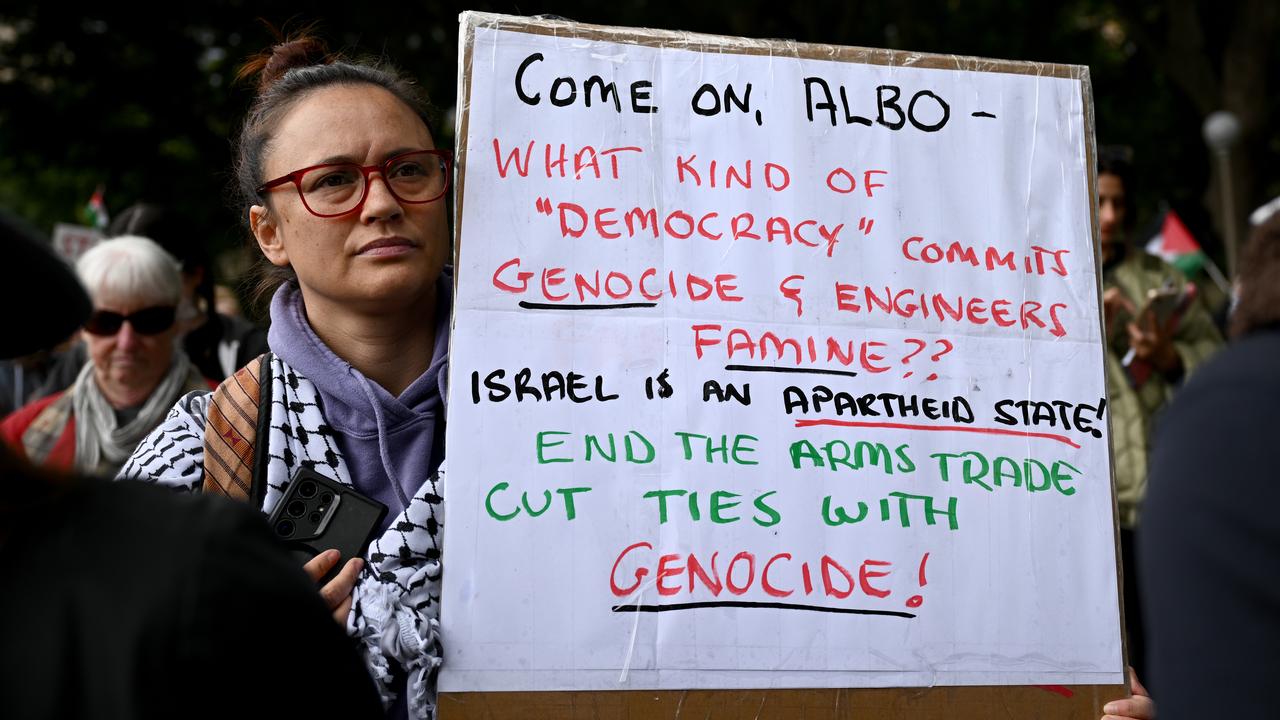
The push for change comes after a magistrate vetoed plans by organisers to march across Brisbane’s Story Bridge, a move welcomed by Queensland Police.
A group of protesters estimated by police to total 10,000 – organisers estimated 50,000 – marched from Queens Gardens across Victoria Bridge to Musgrave Park.
Greens Senator Mehreen Faruqi was critical of the late forced protest route change in Brisbane, declaring state and federal governments should be ashamed of themselves.
“The lengths the Queensland government is going through to stop people marching on the Story Bridge, frankly these scenes belong in a dystopian world,” she told the Melbourne crowd.
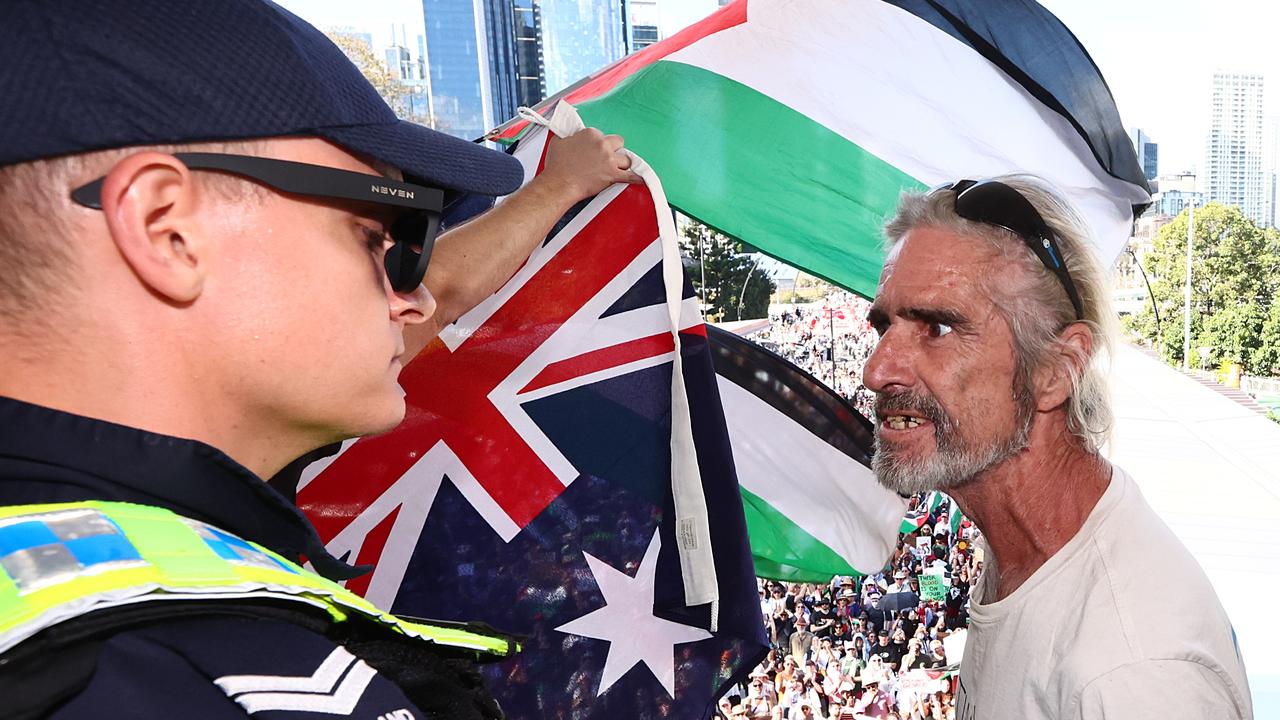
Police said the rally was peaceful but one person was arrested for breaching the peace.
In Adelaide, about 5000 people chanting “from the river to the sea, Palestine will be free” gathered in Victoria Square, before marching to Parliament House, where they were addressed by independent senator Fatima Payman.
Elsewhere, organisers’ crowd estimates included 20,000 in Perth, 4000 in Hobart, 1500 in Canberra, and many thousands more in regional cities and towns across the nation.
It was the 97th consecutive weekend of rallies for Gaza in Melbourne.